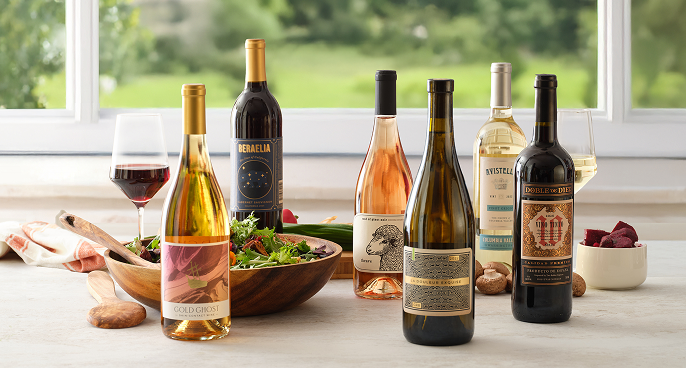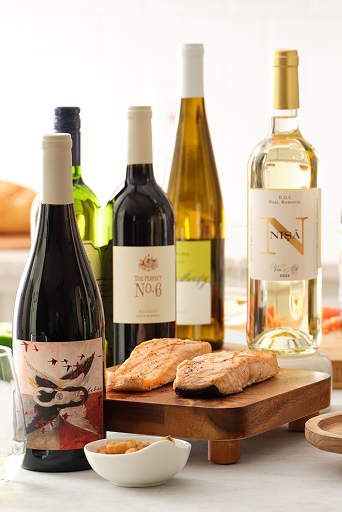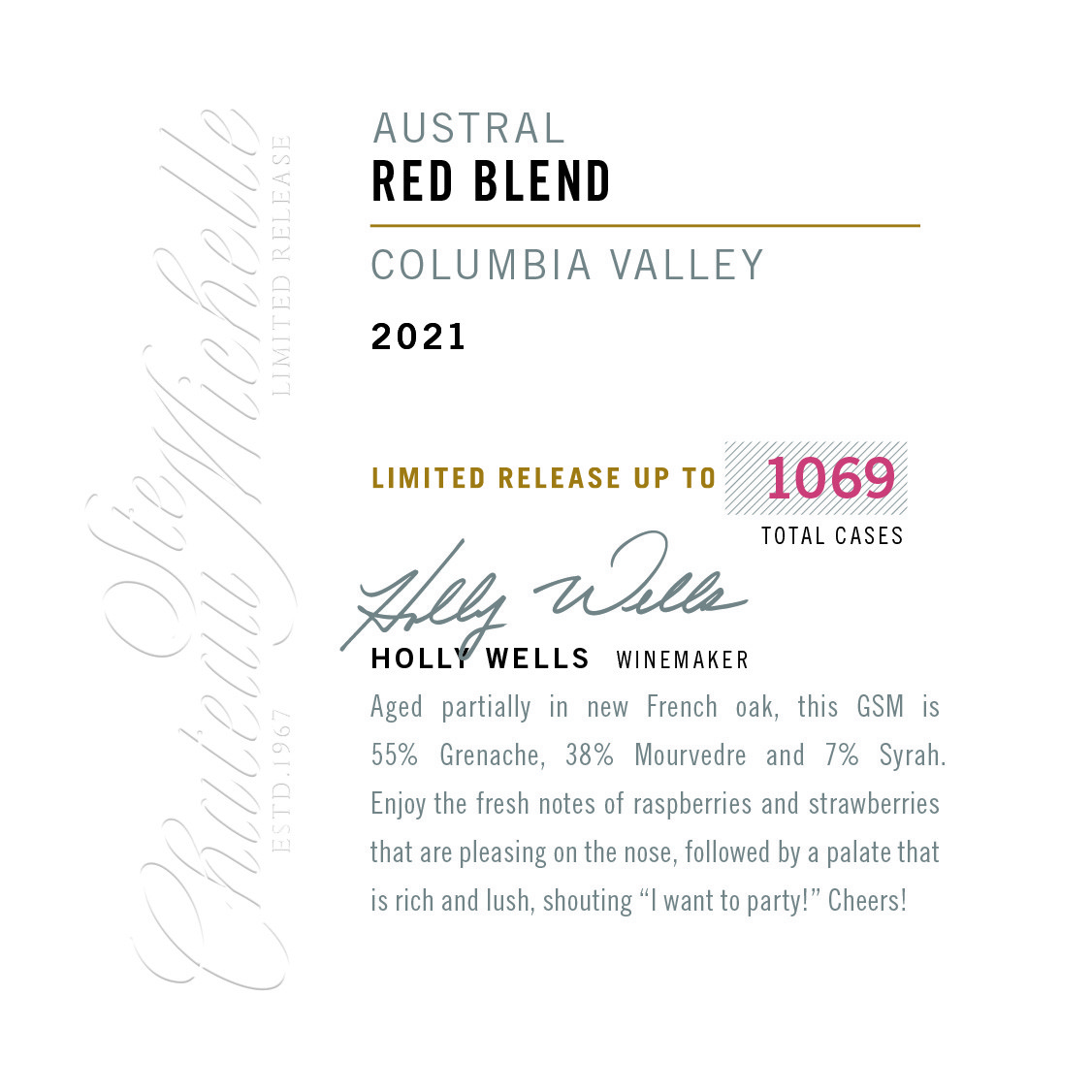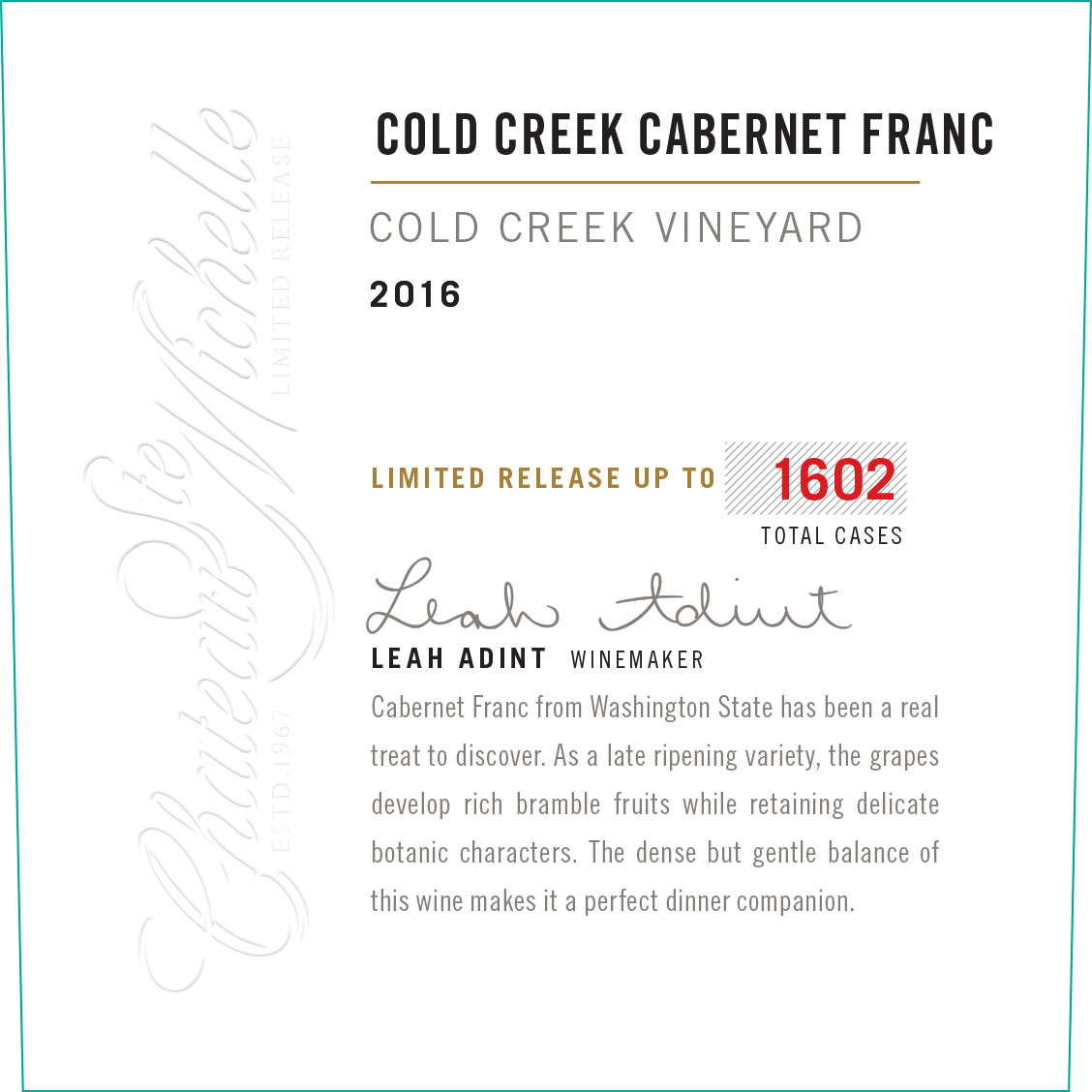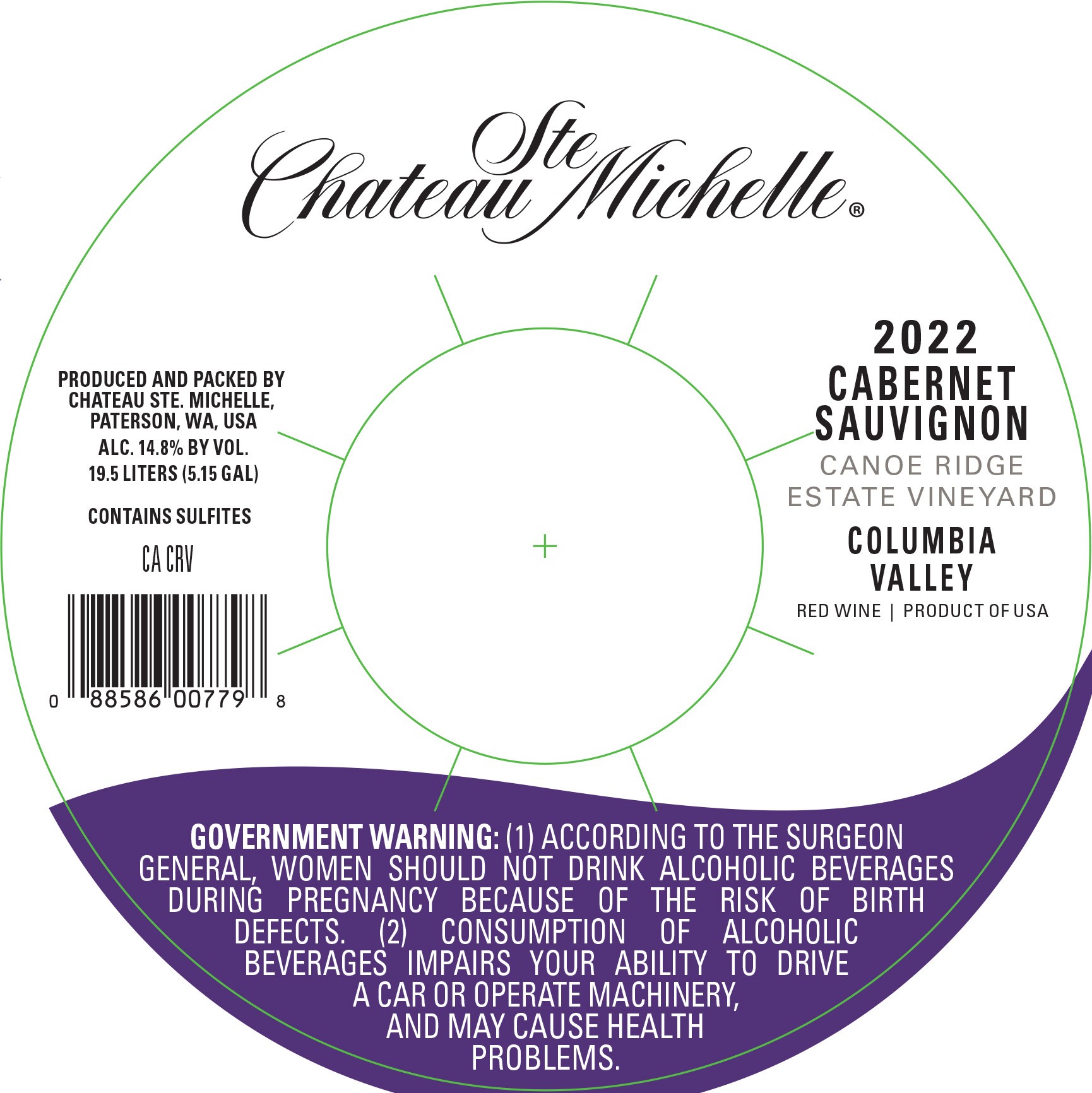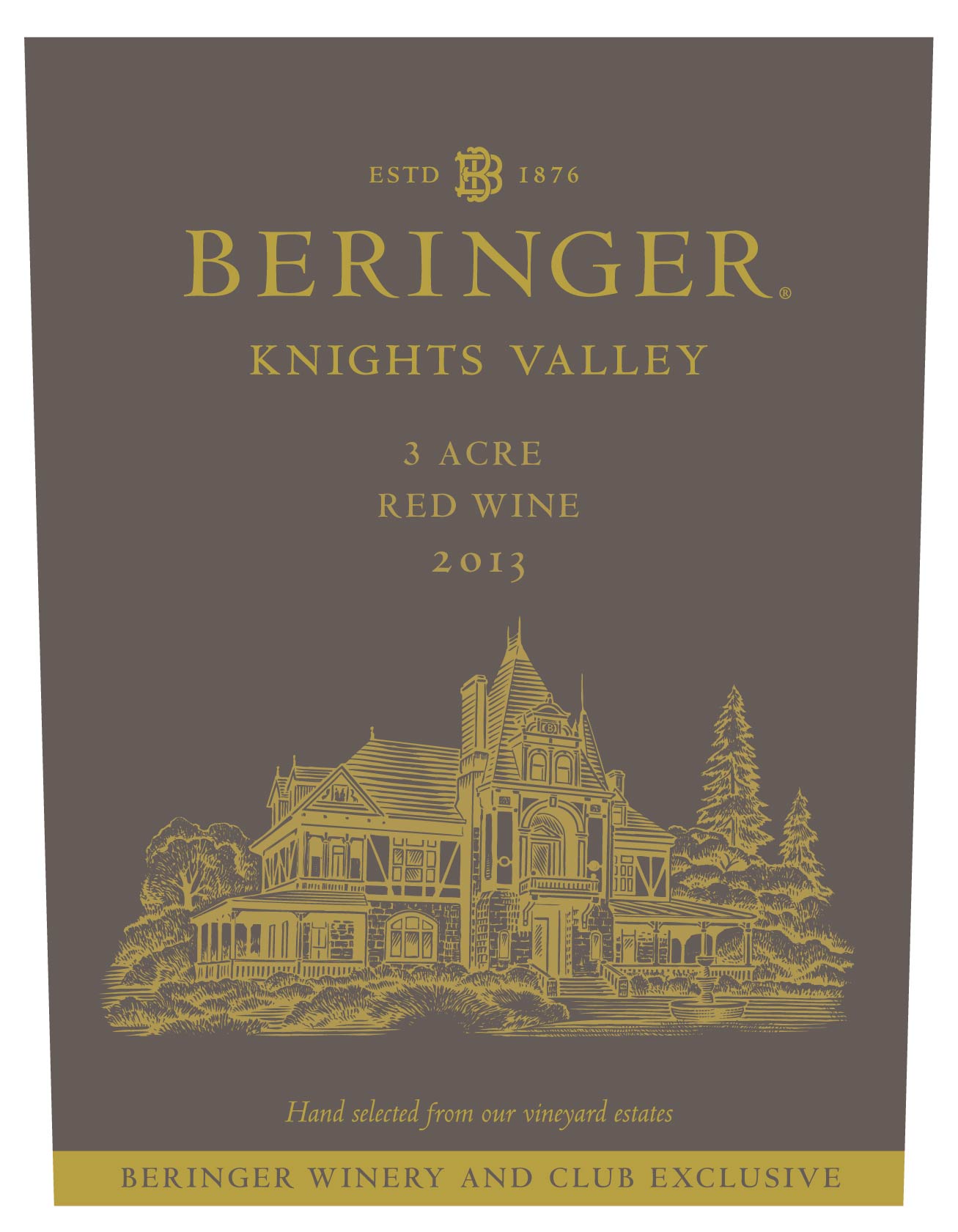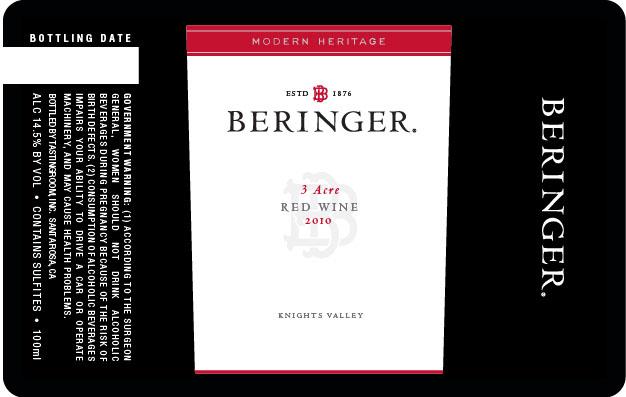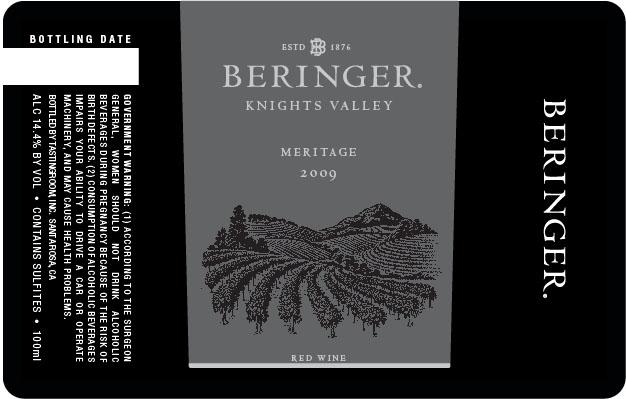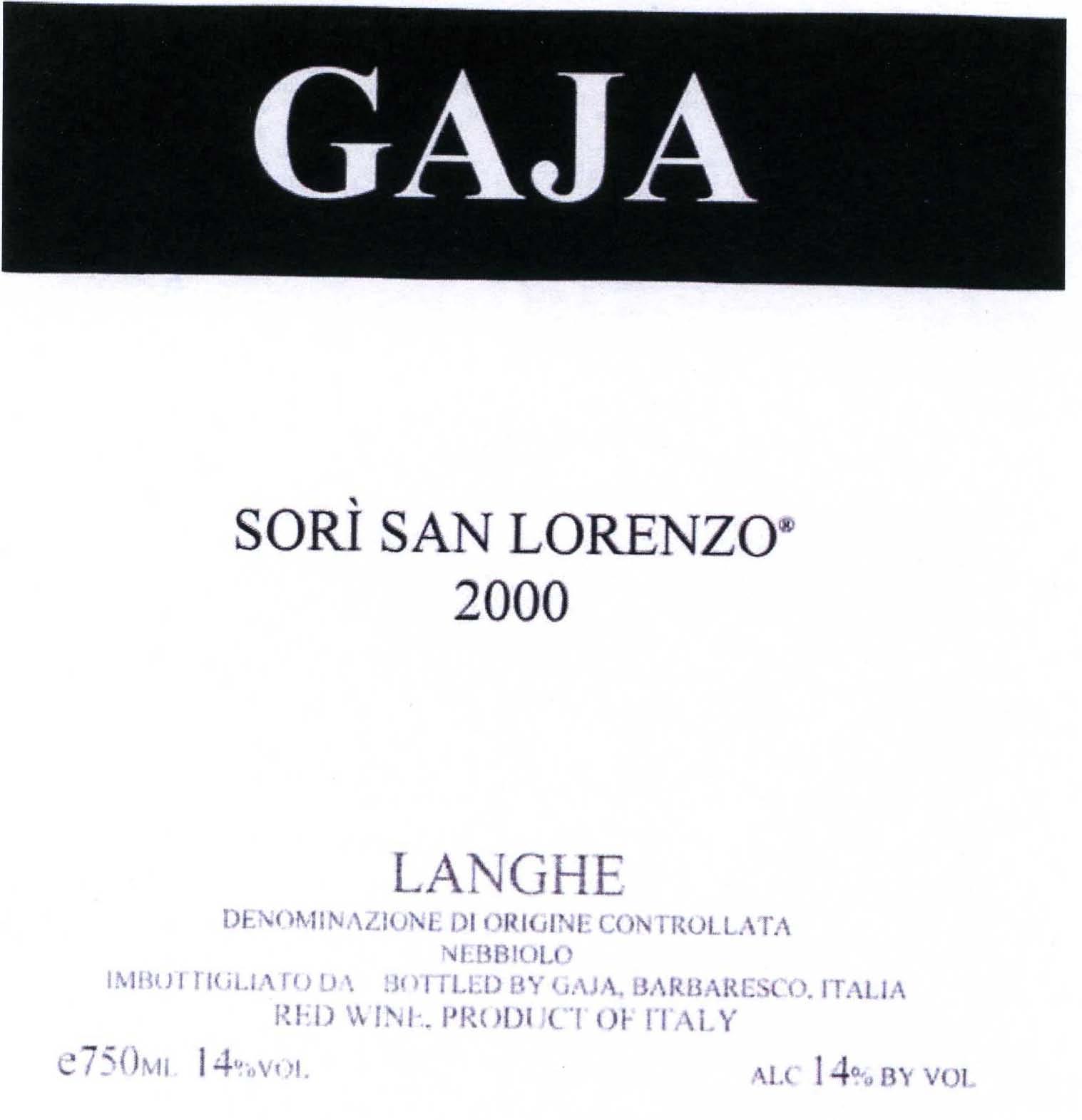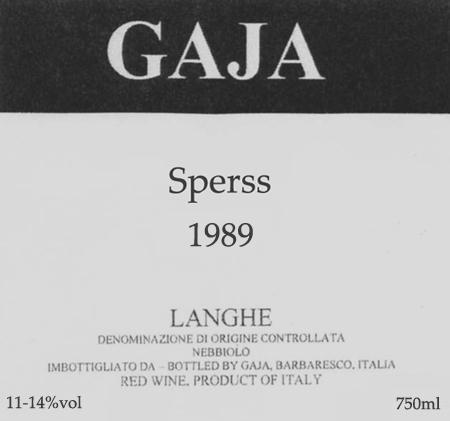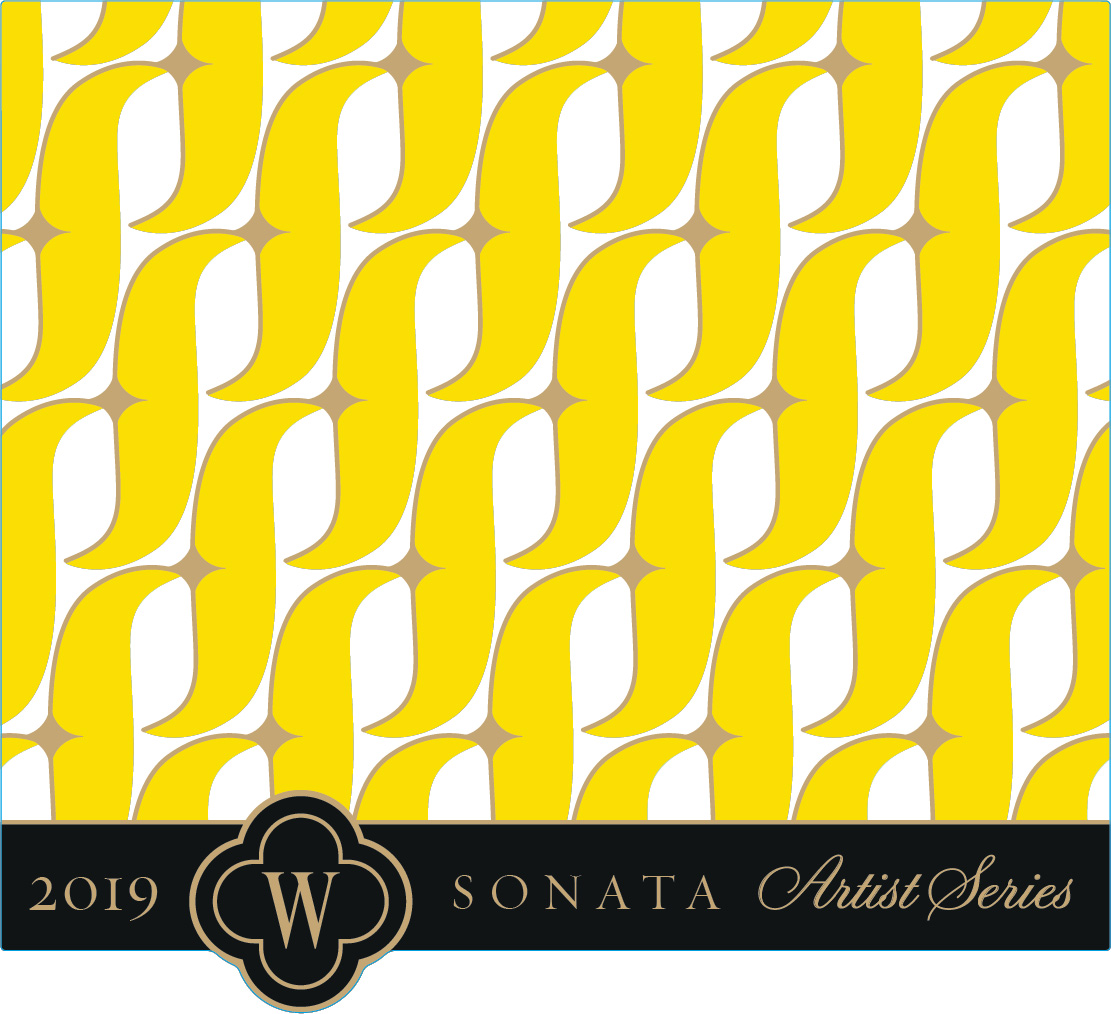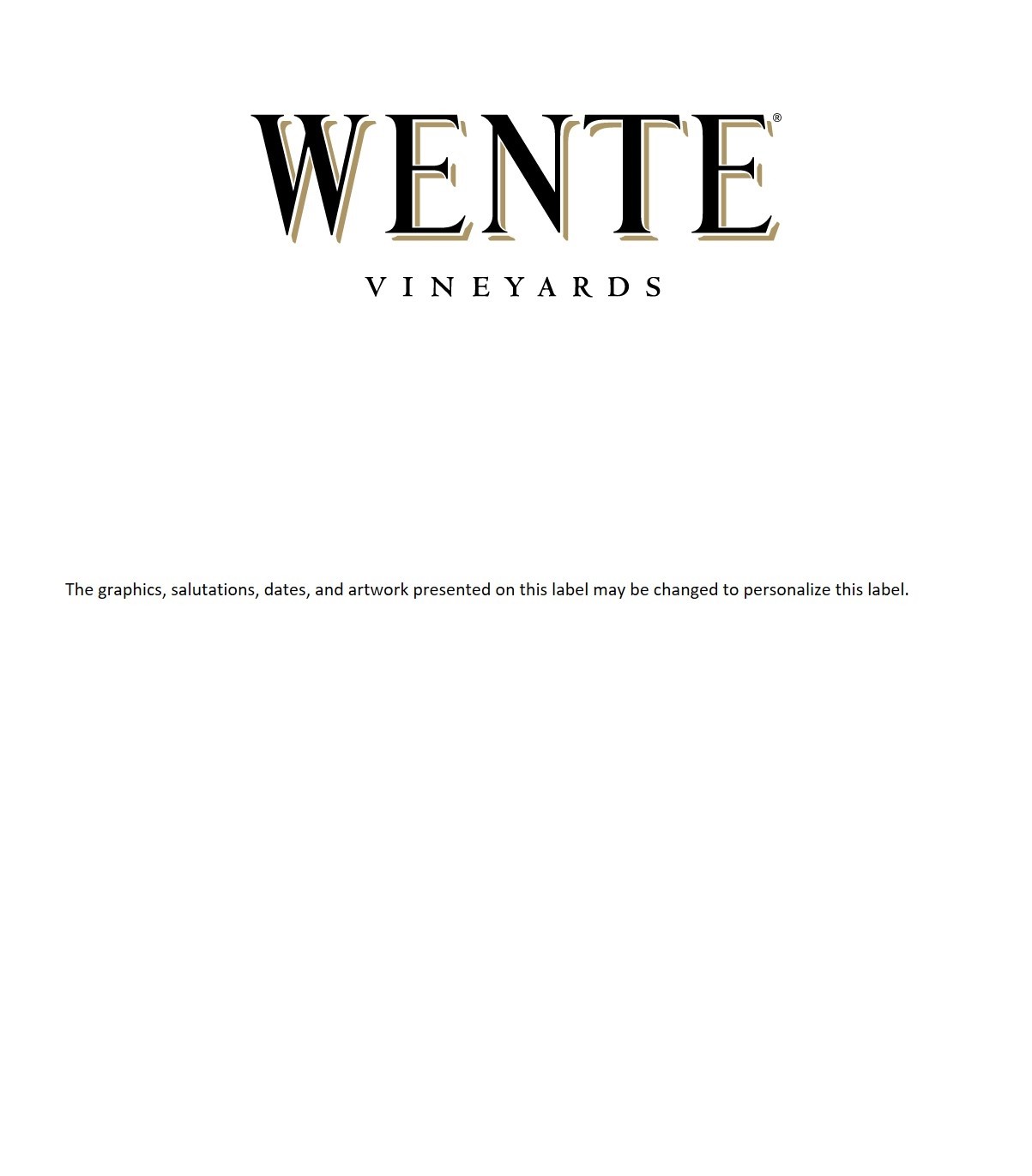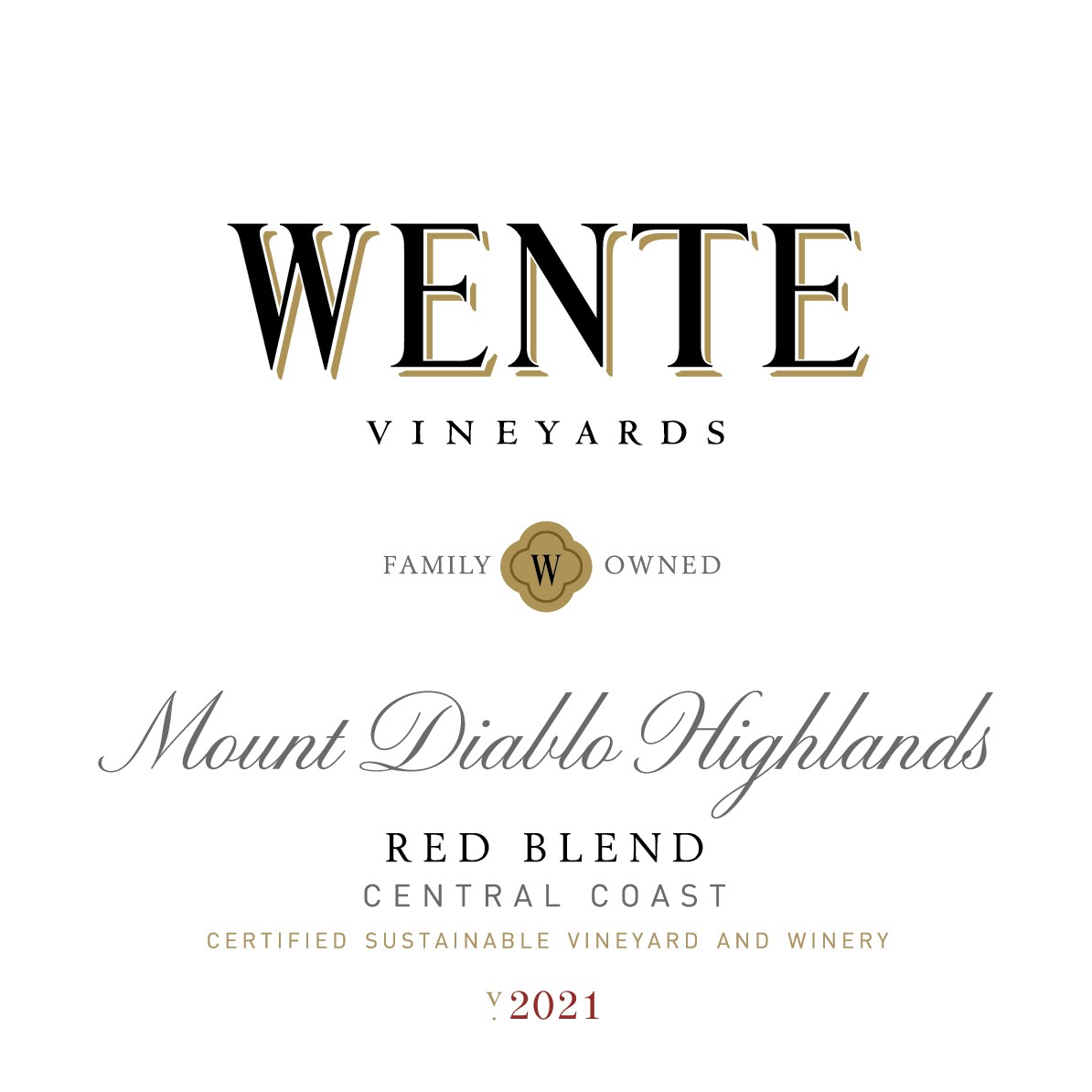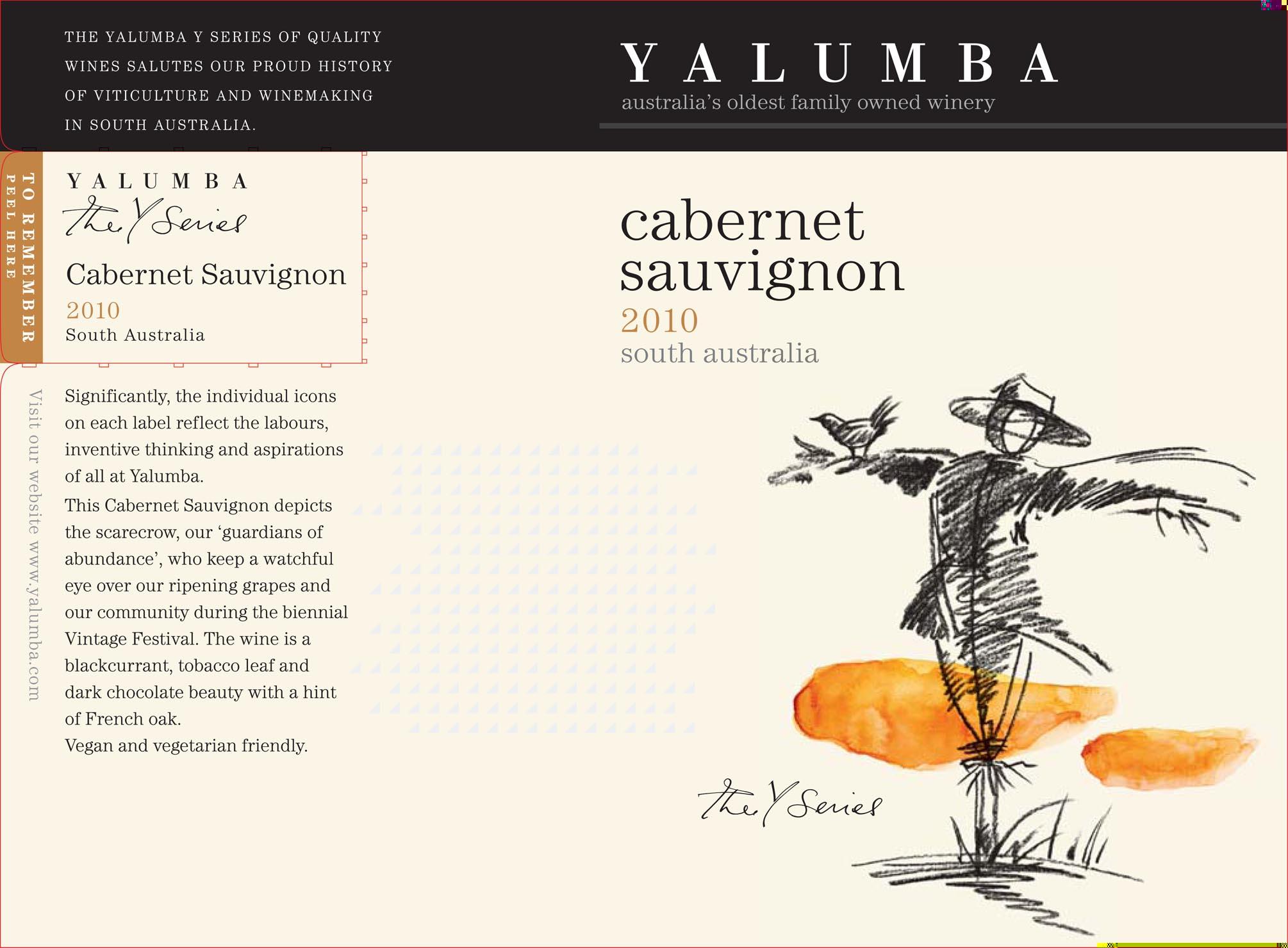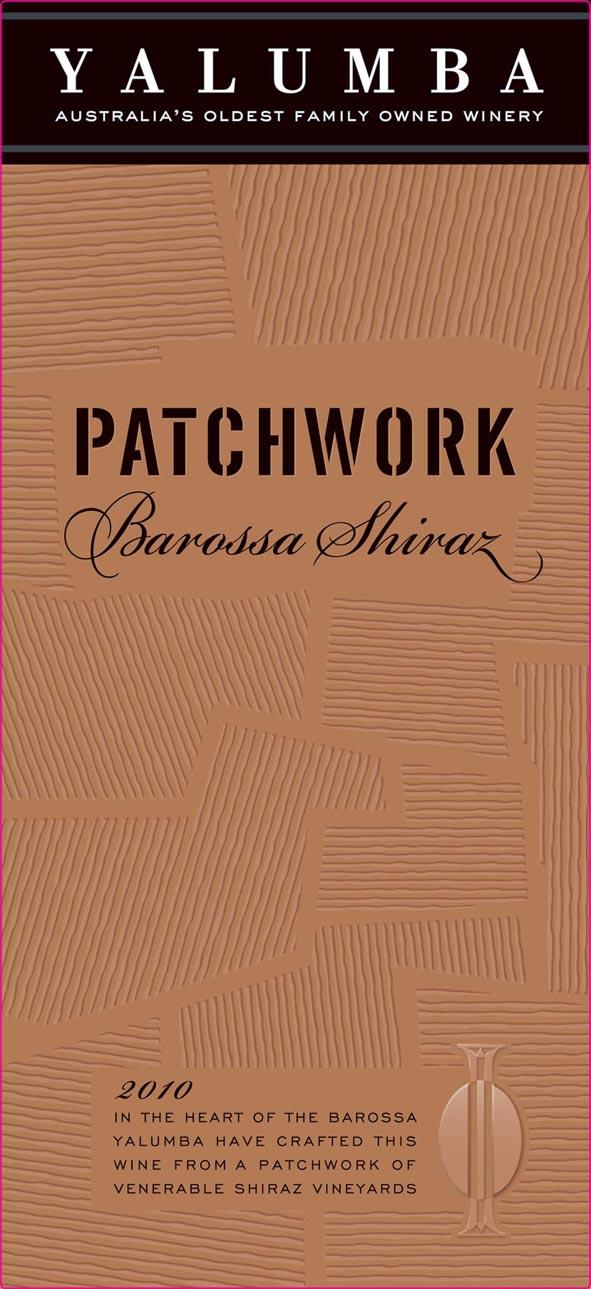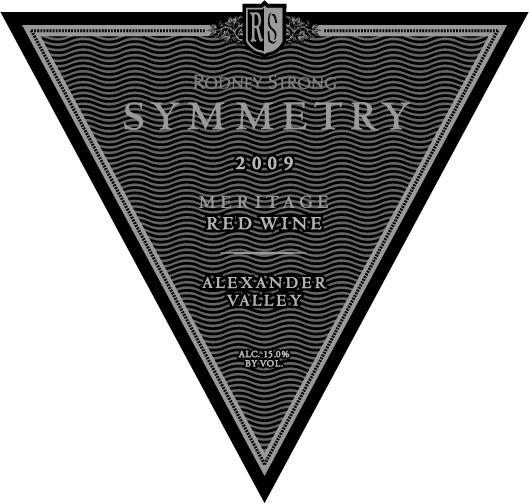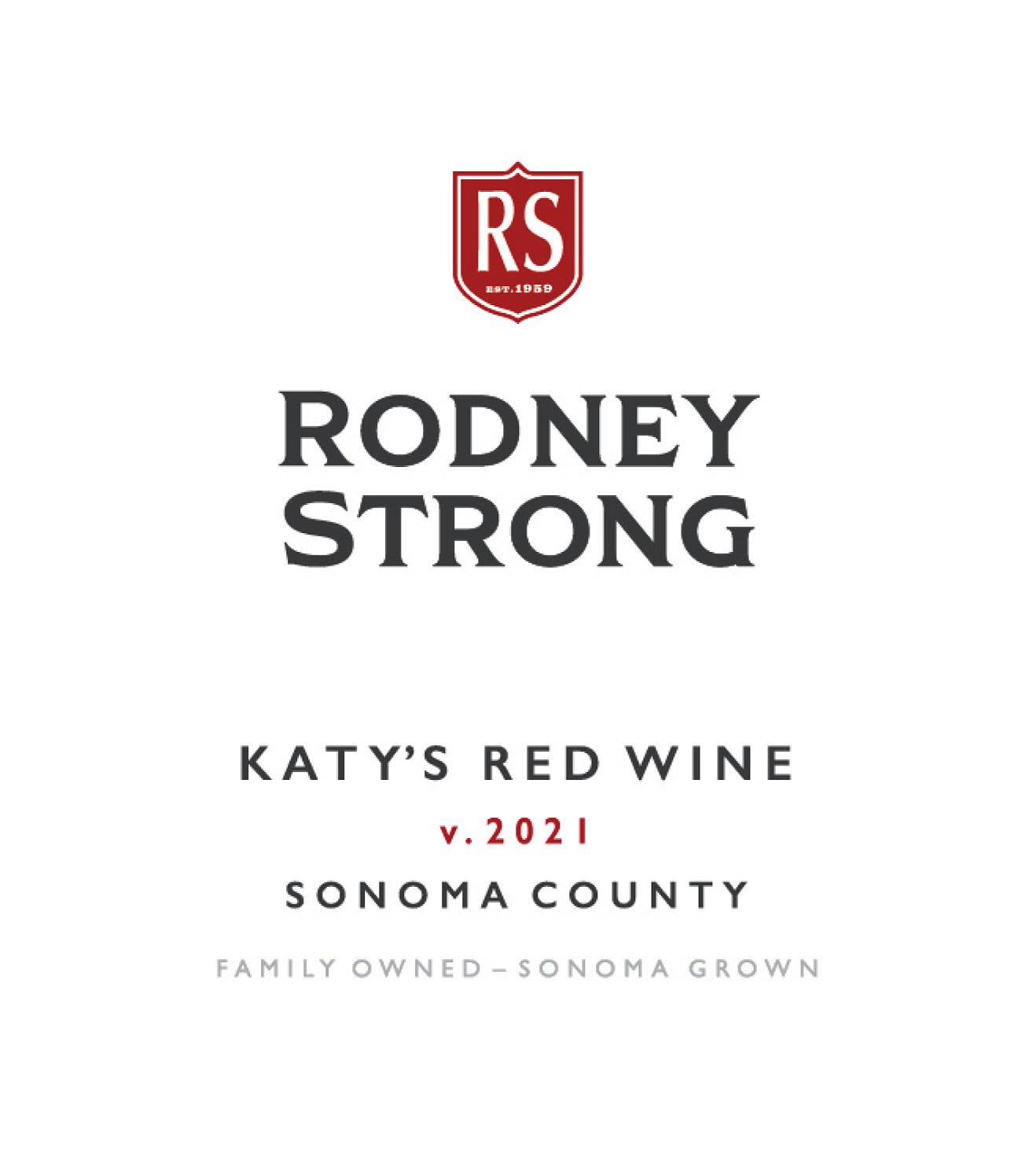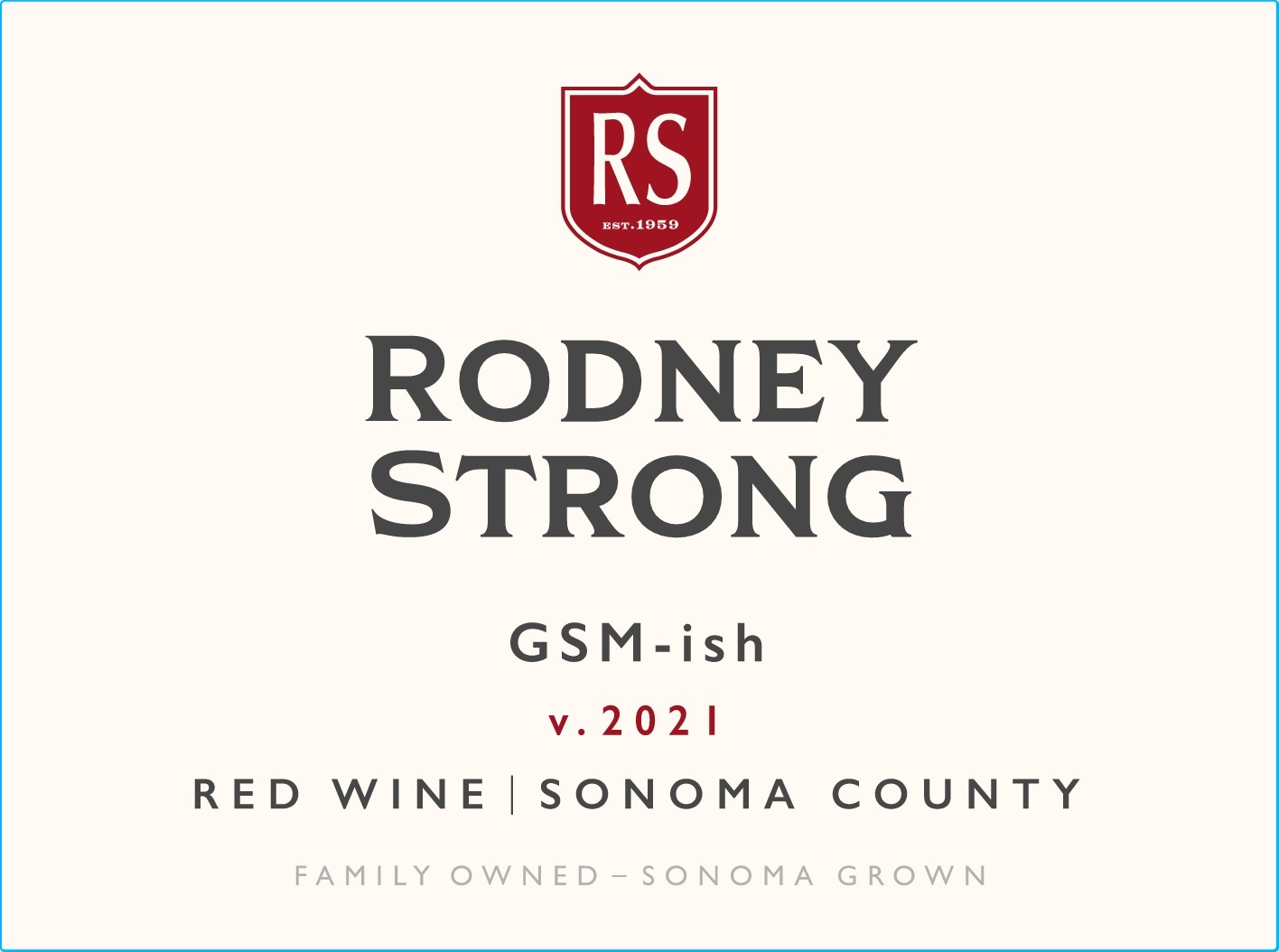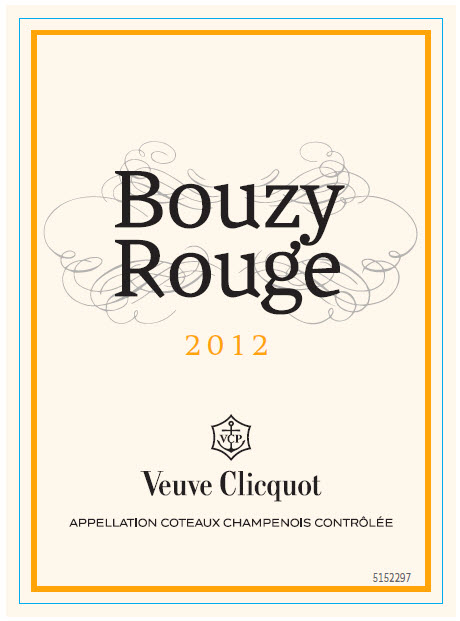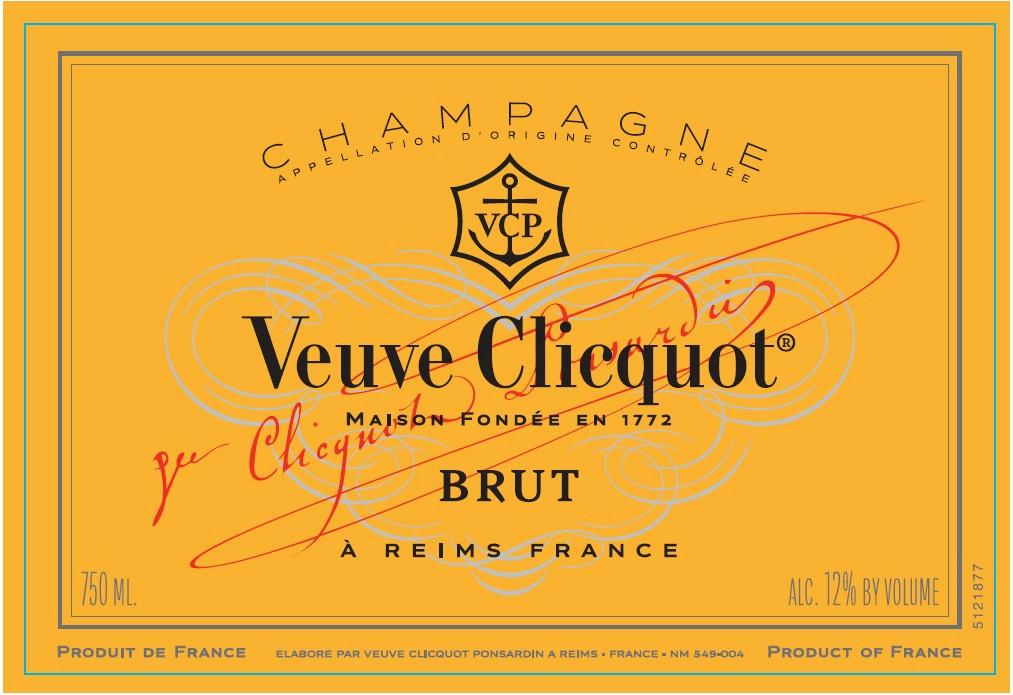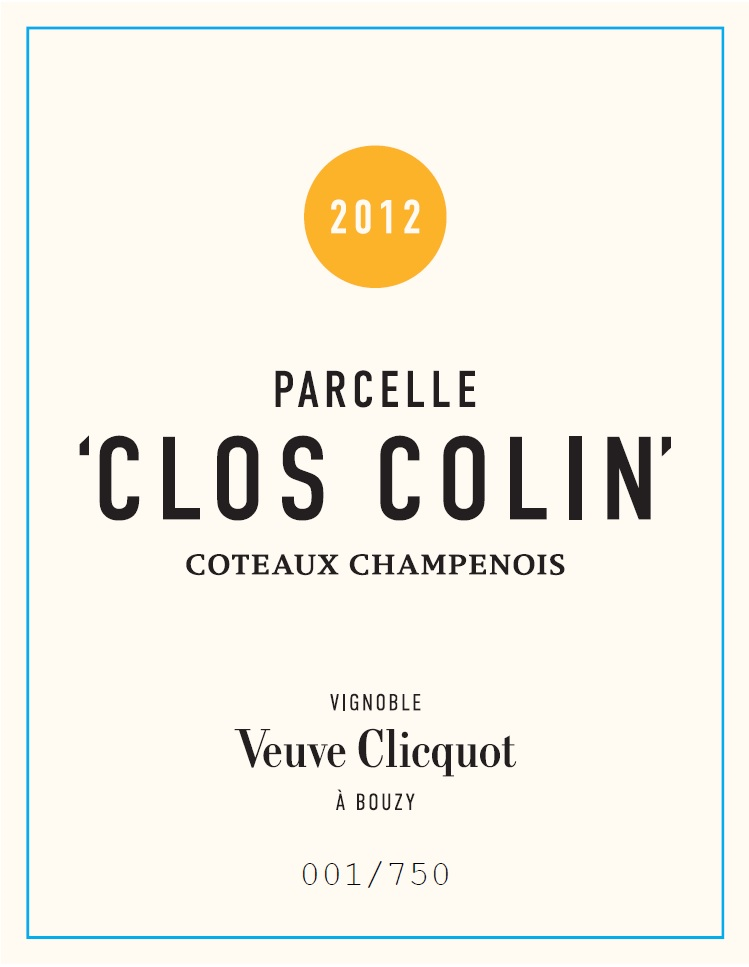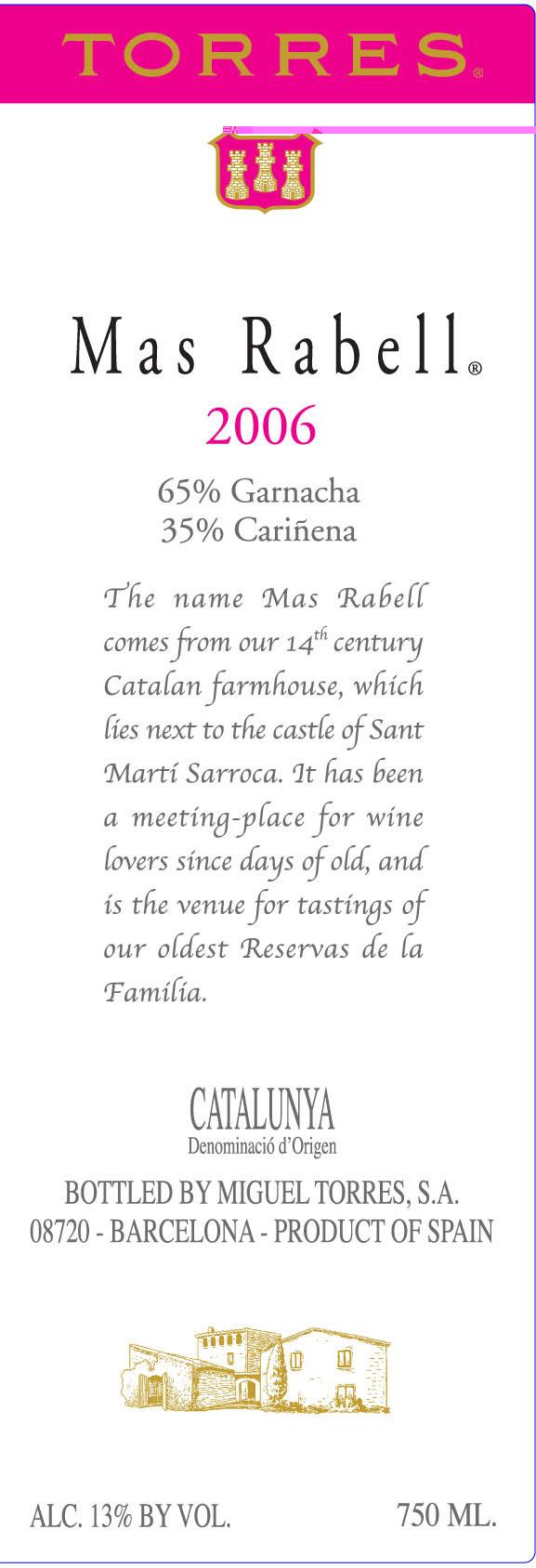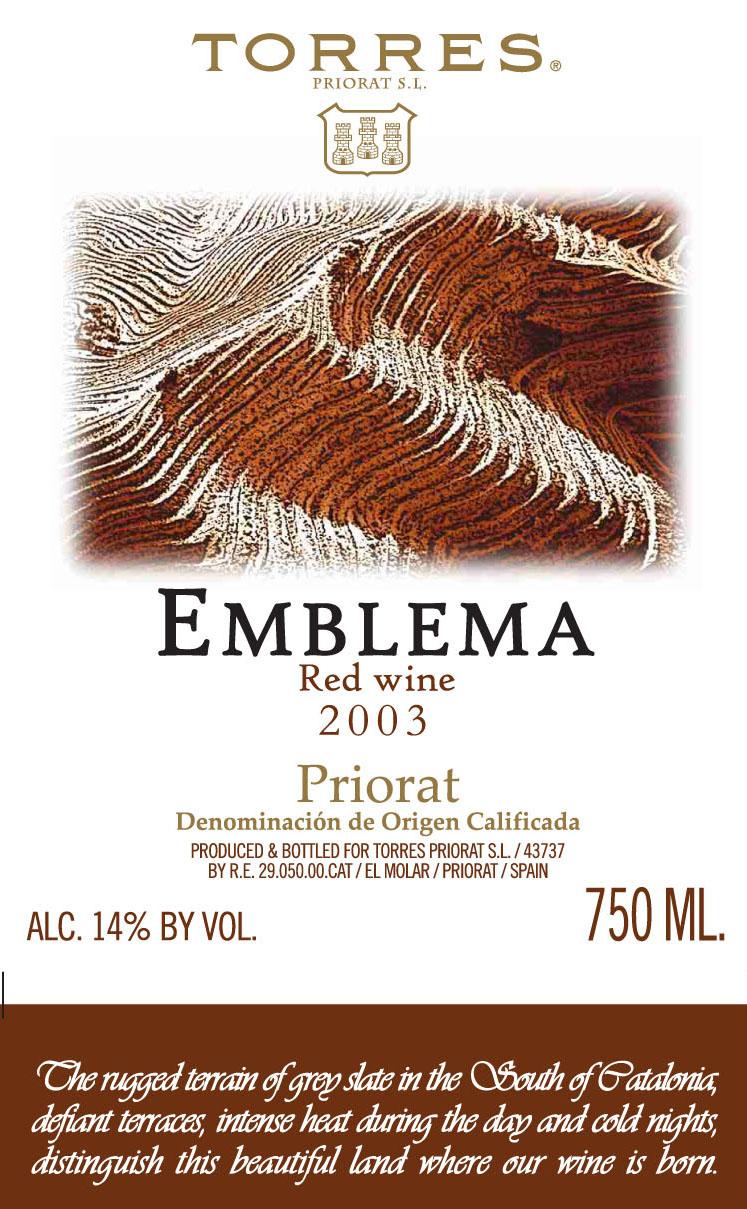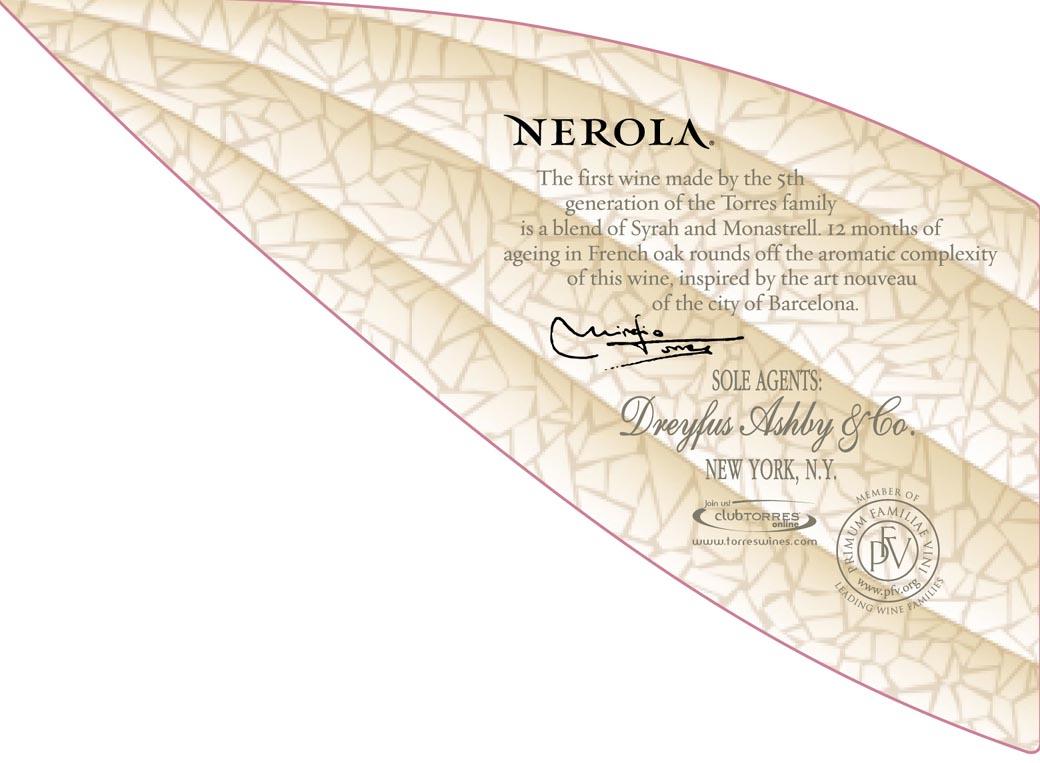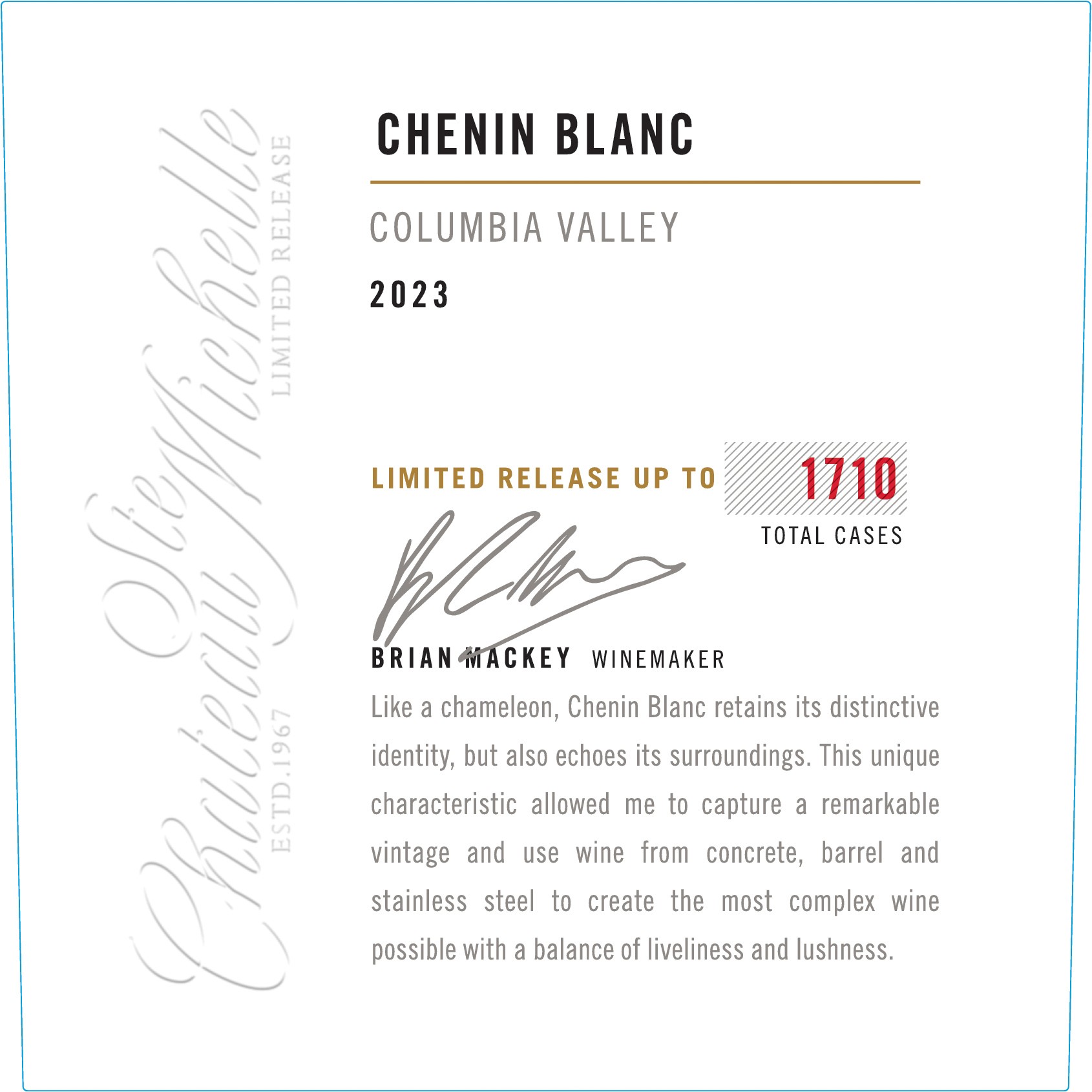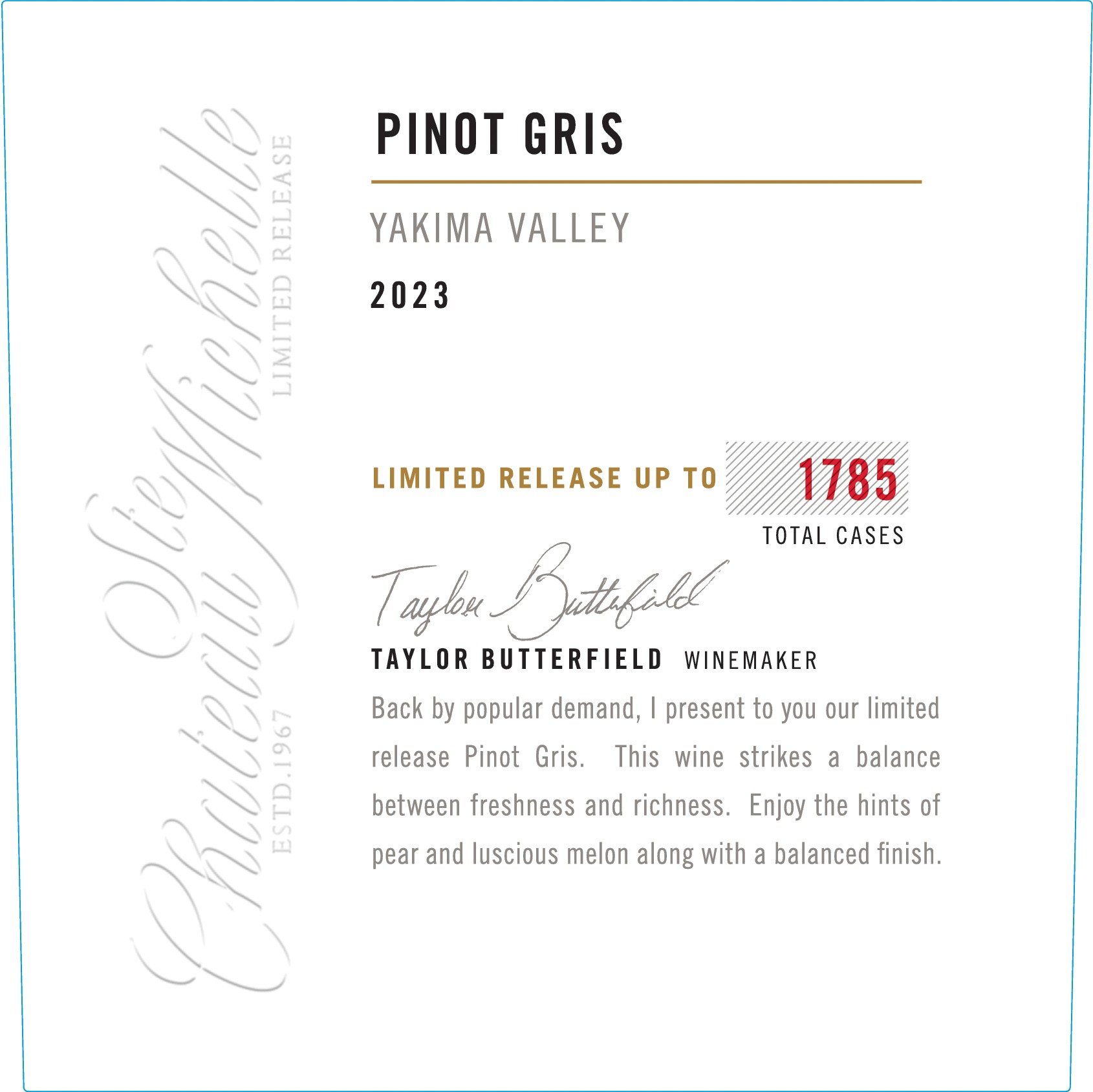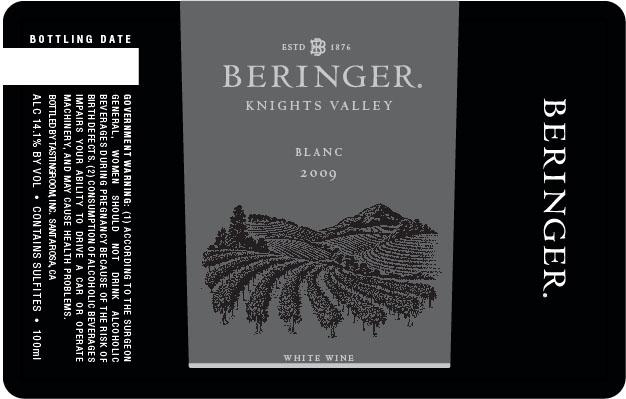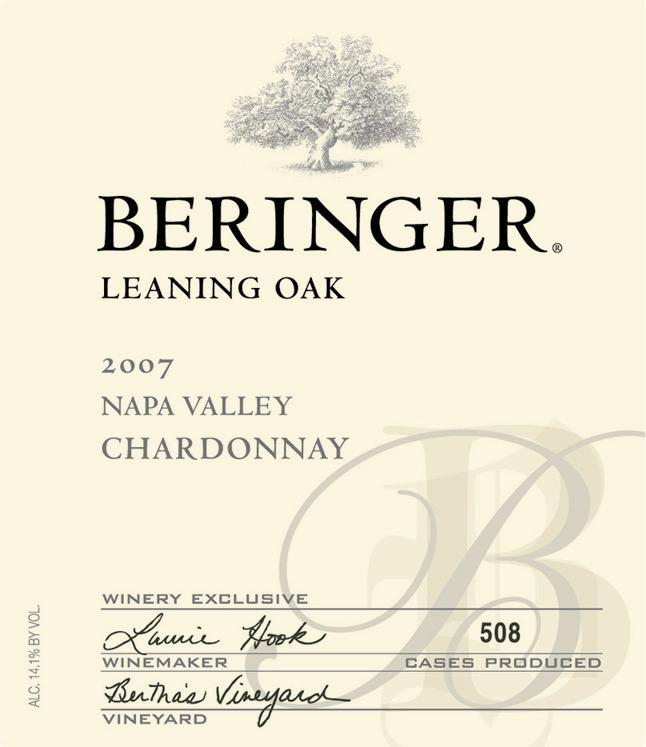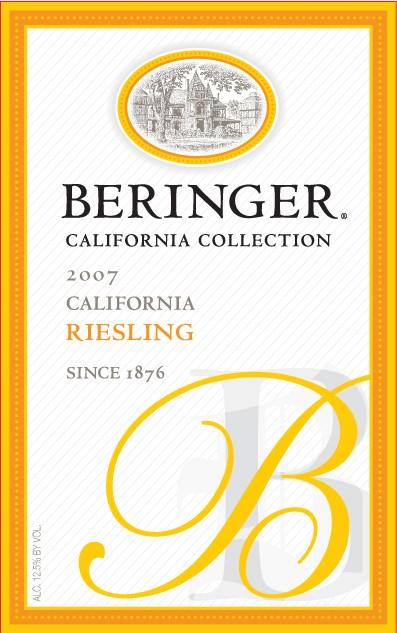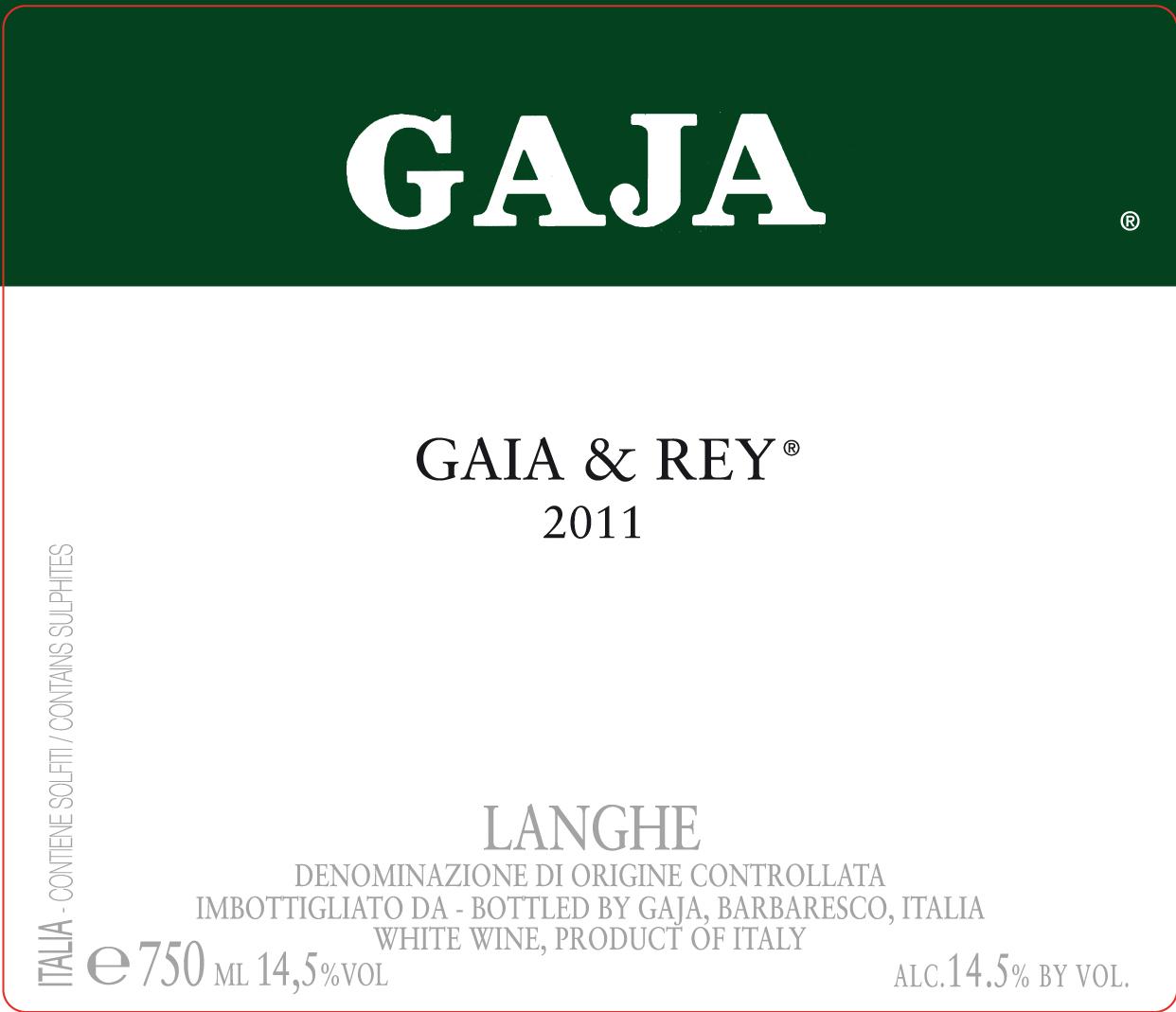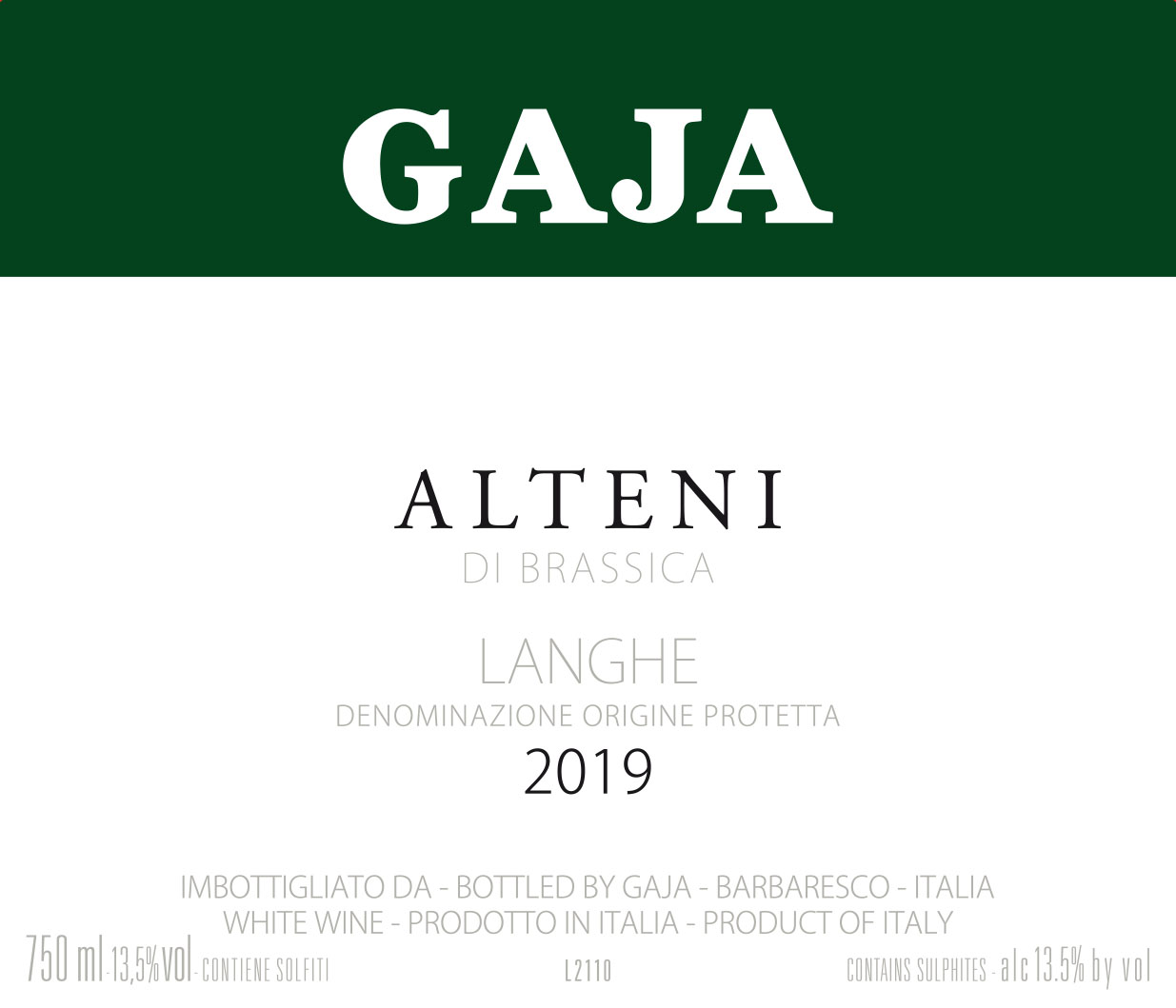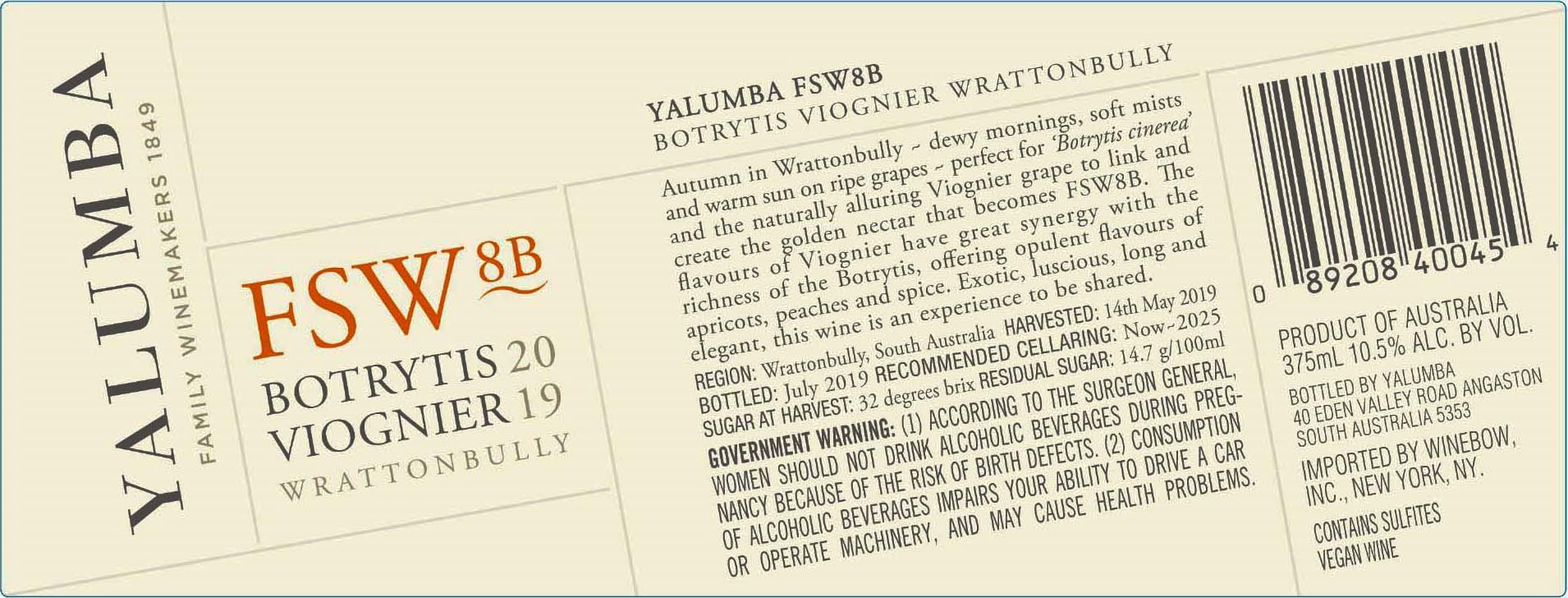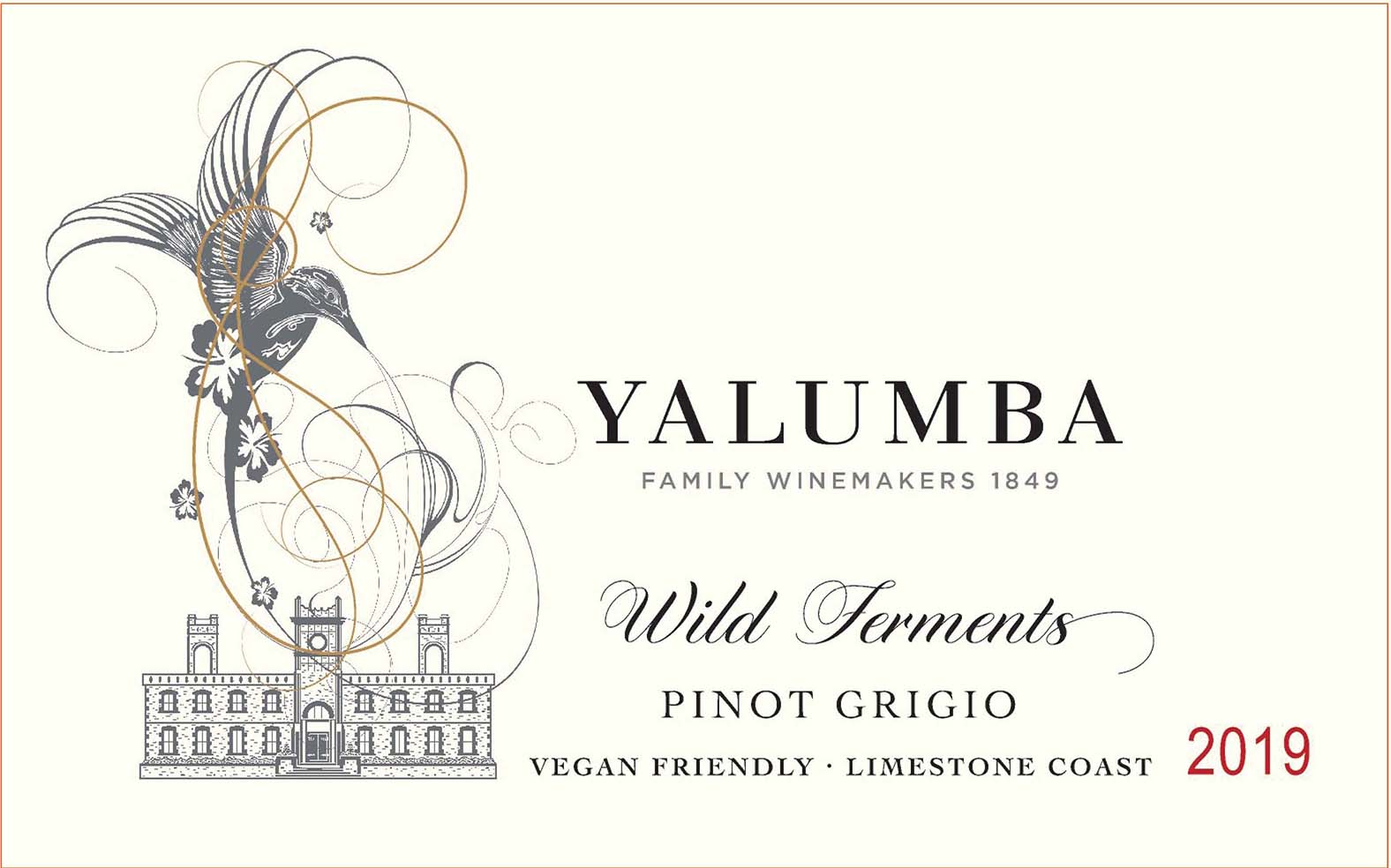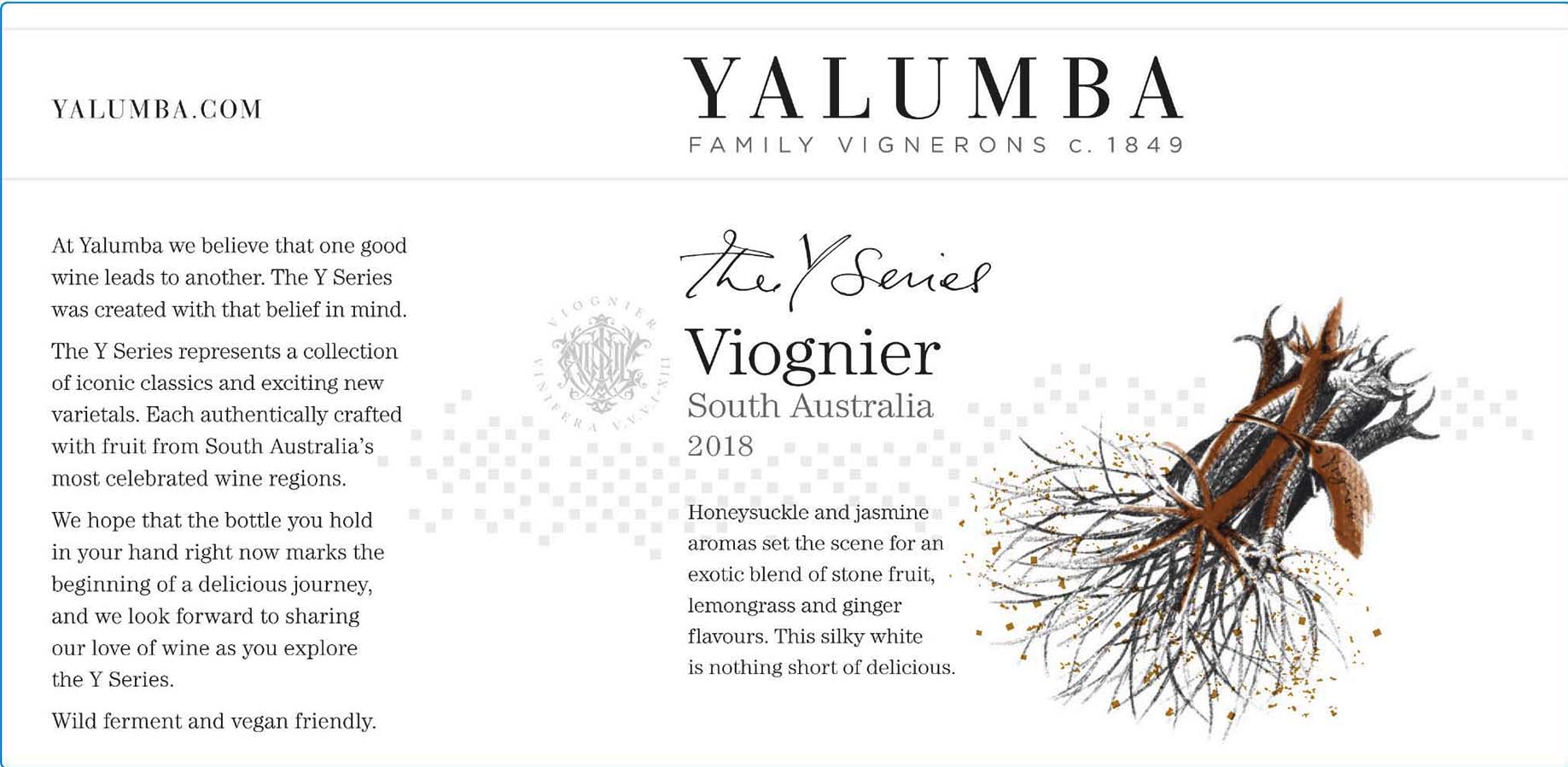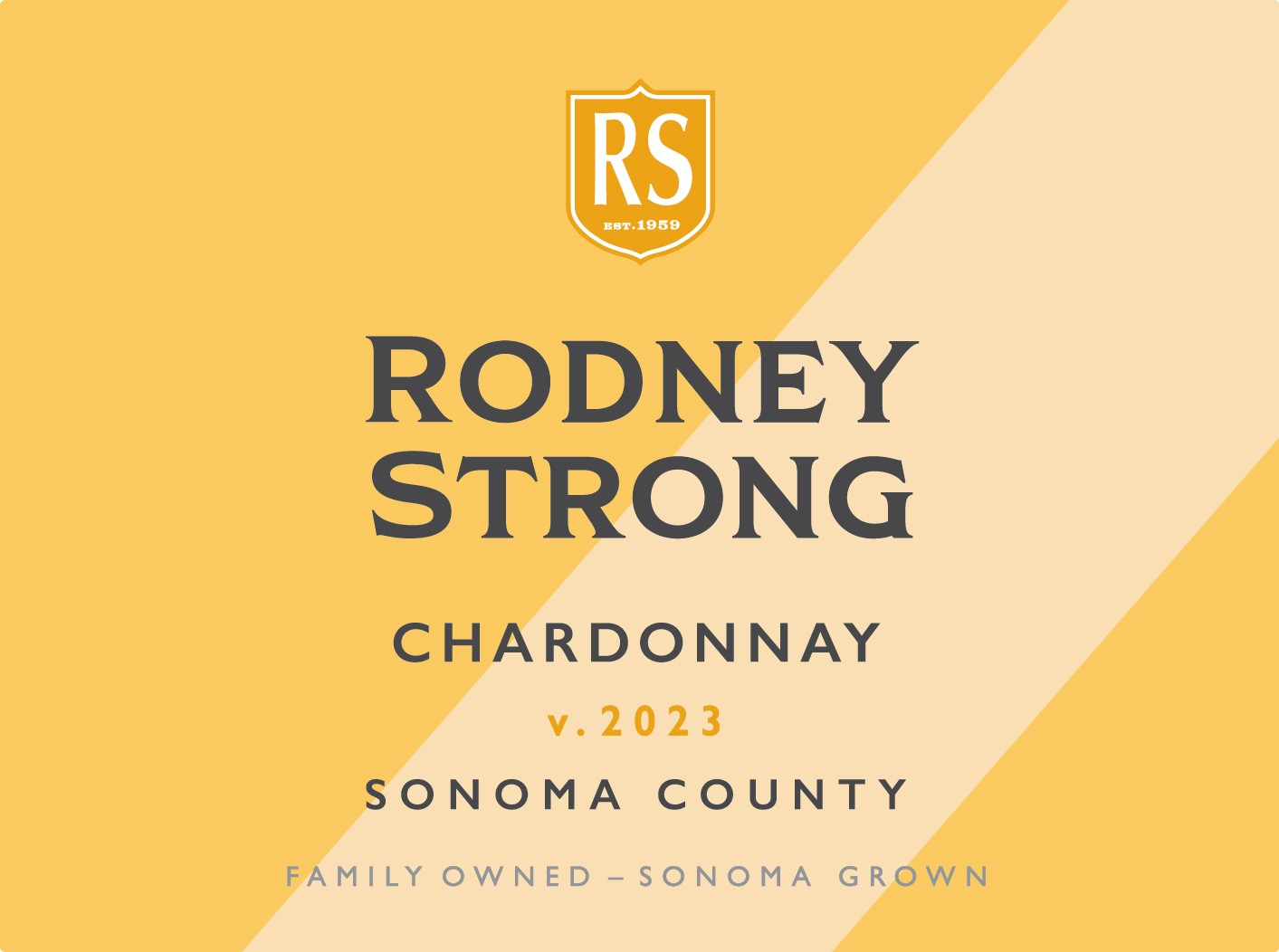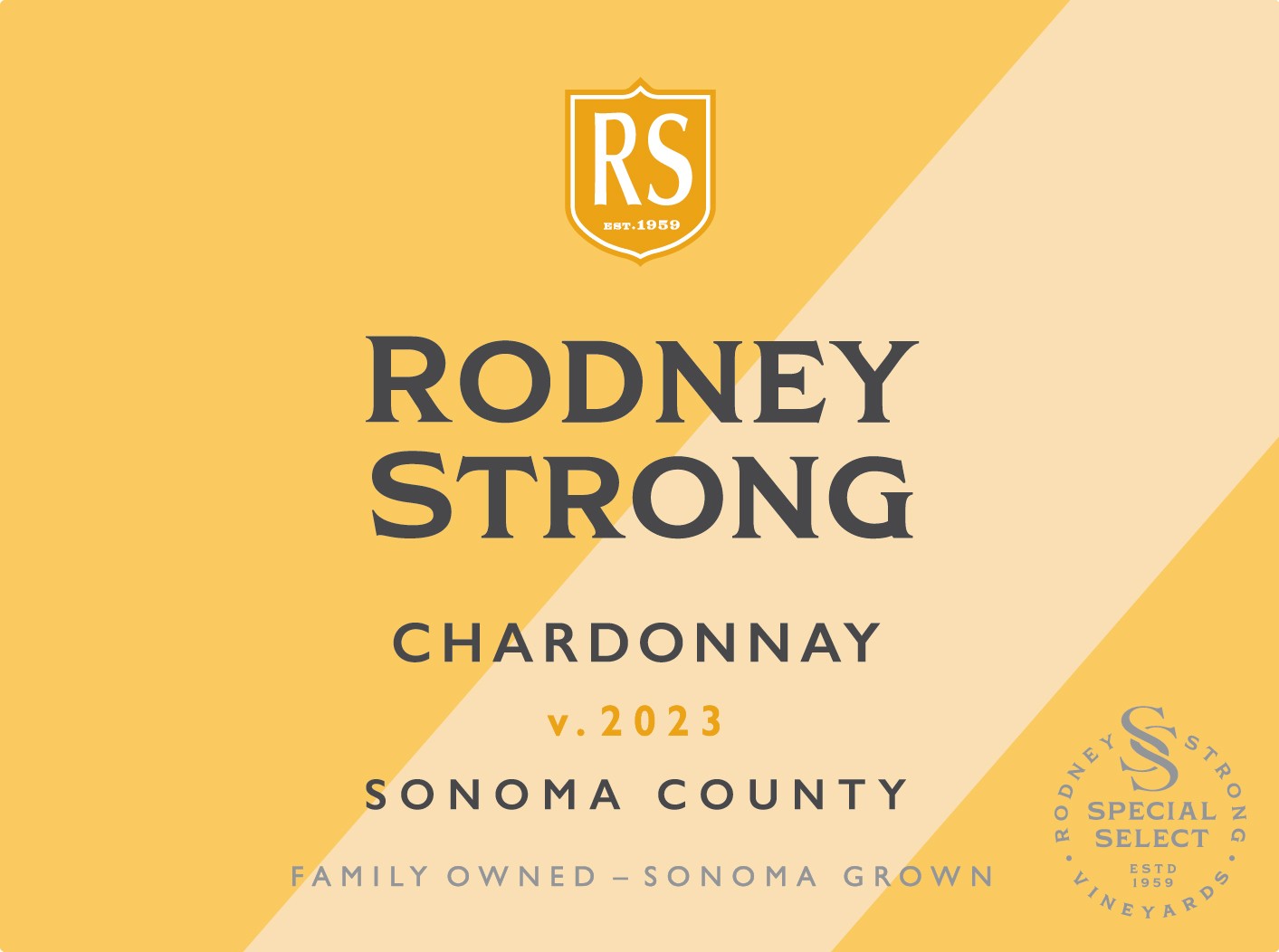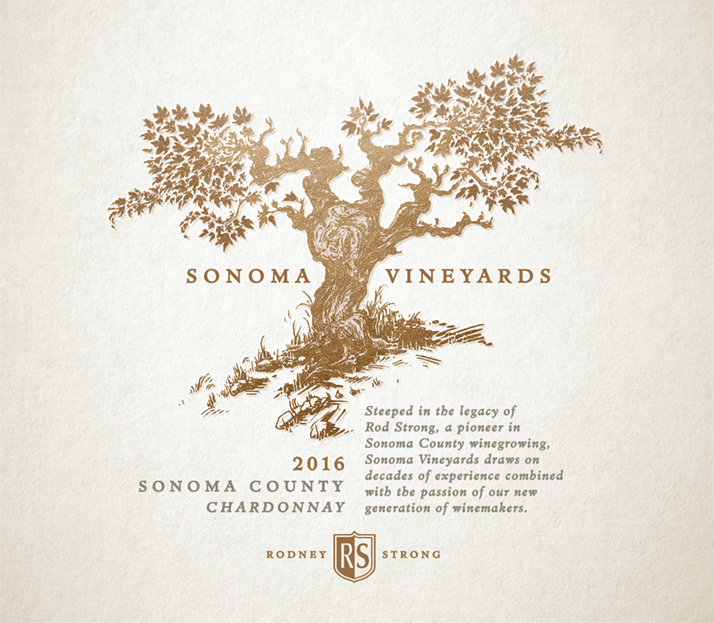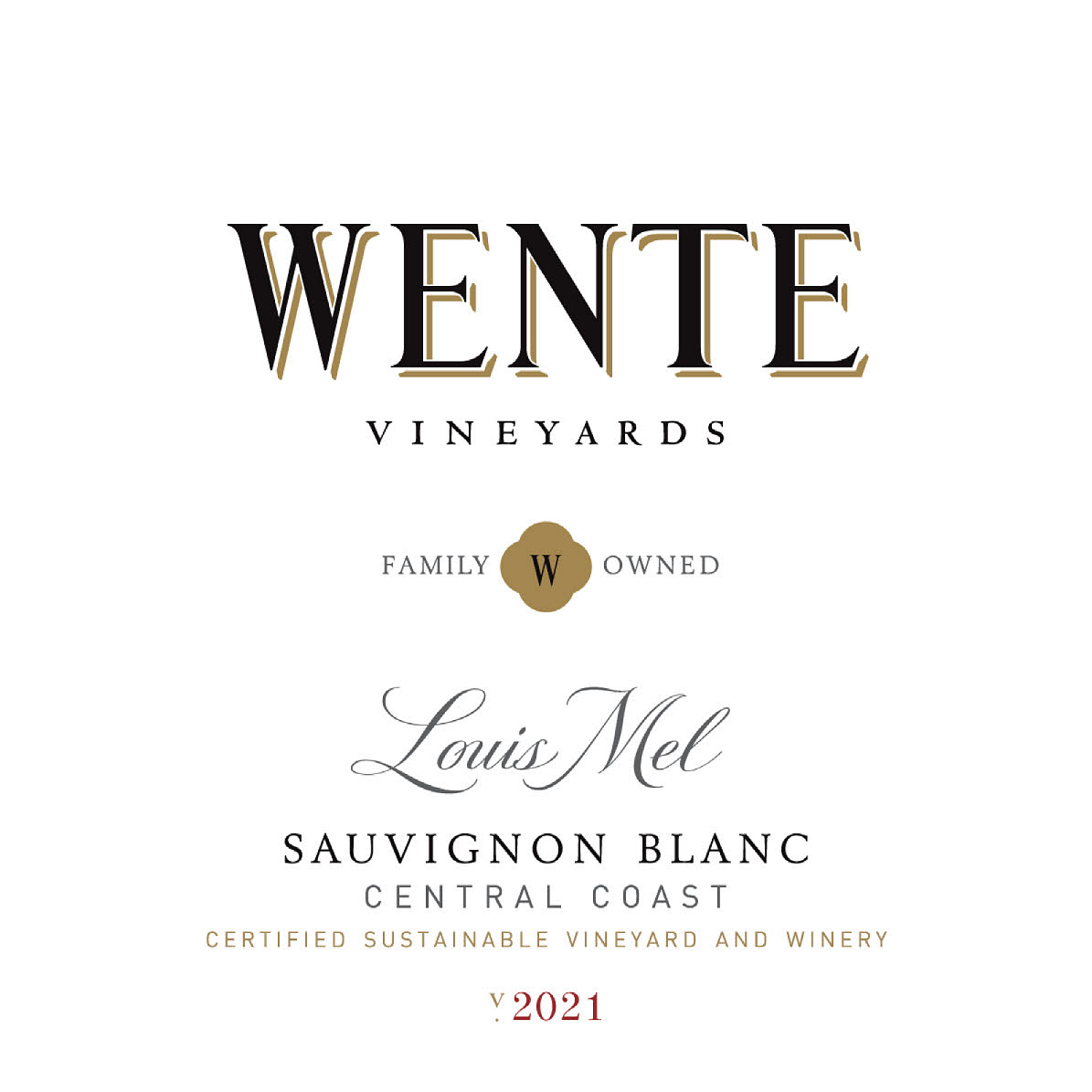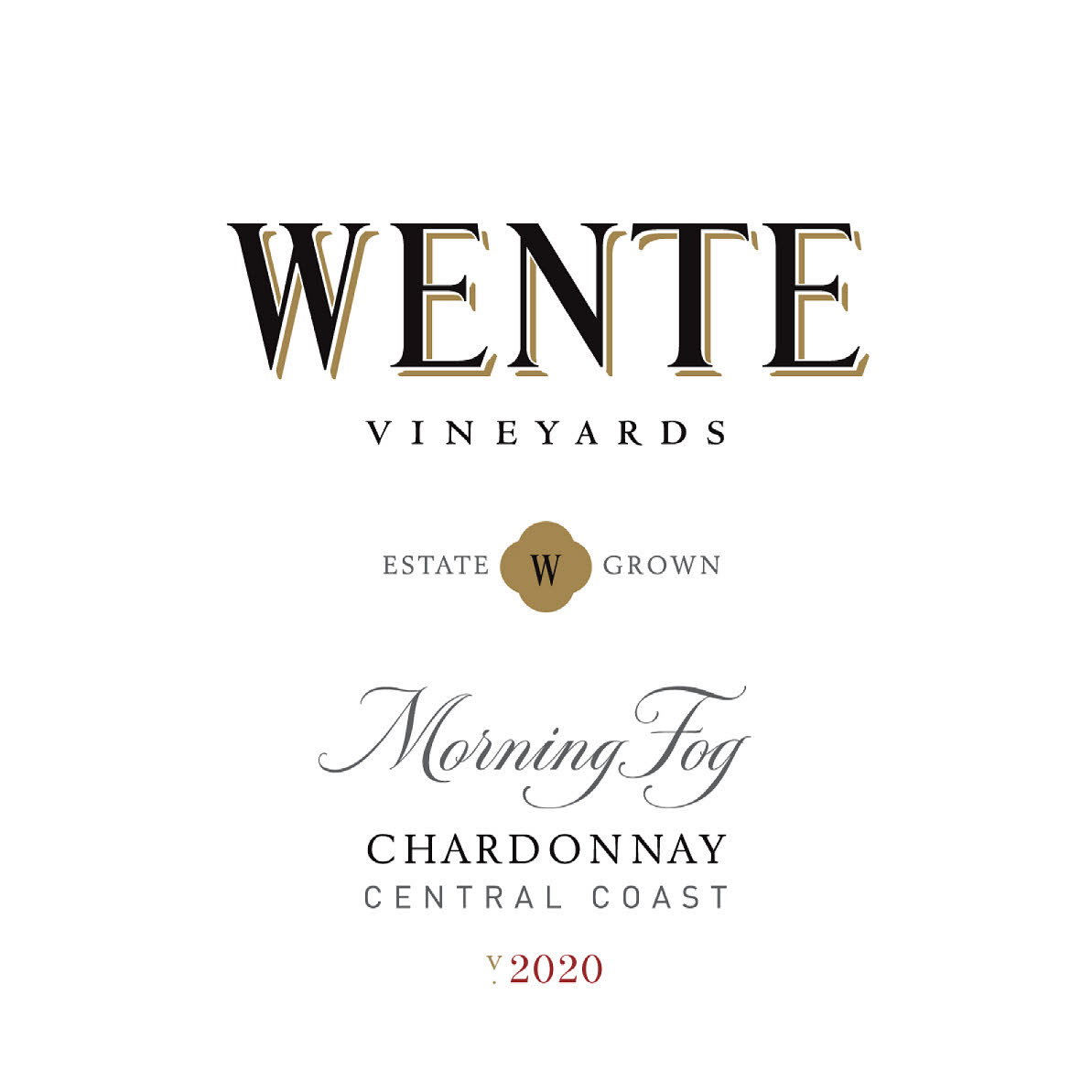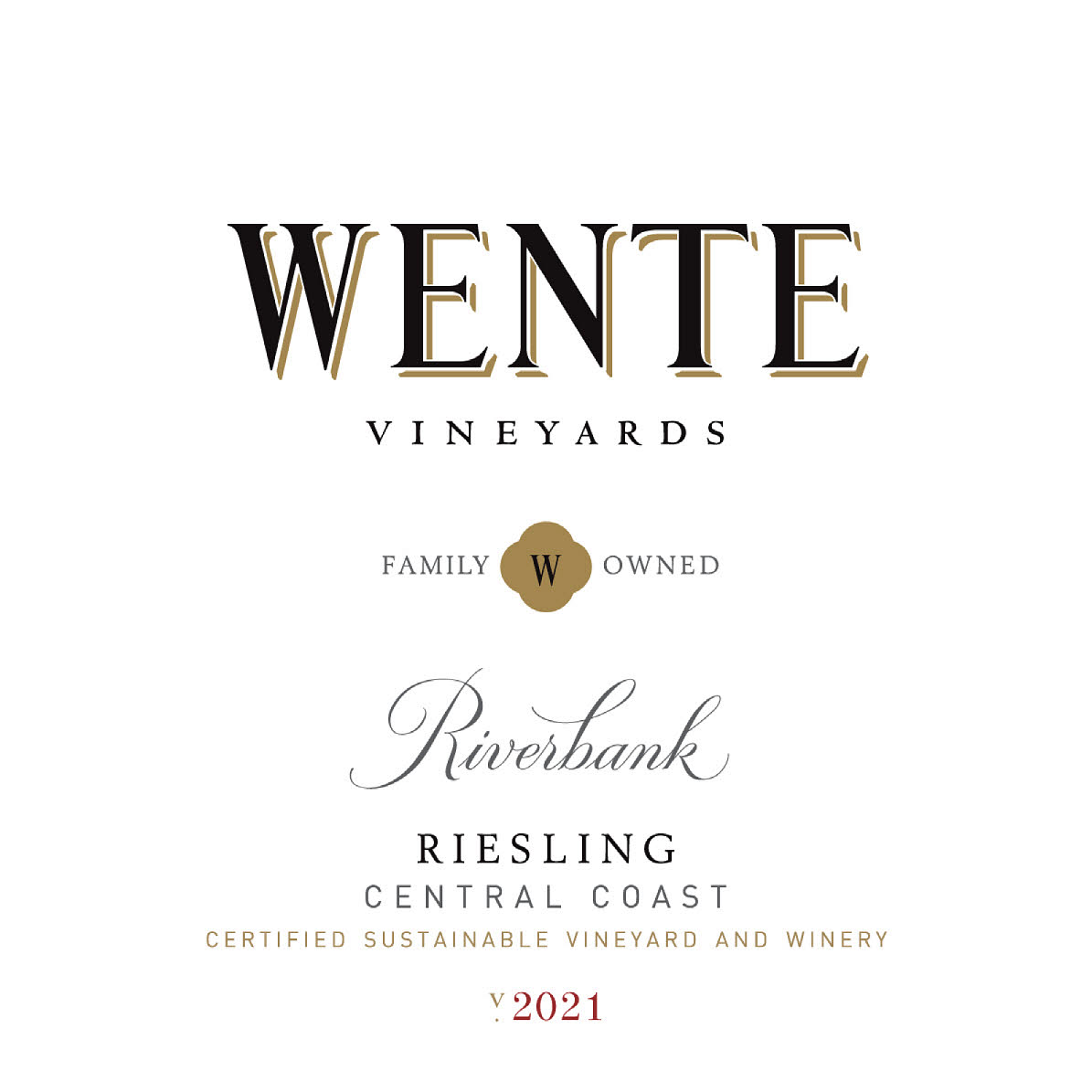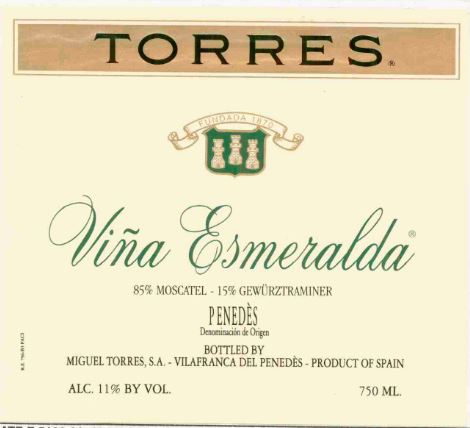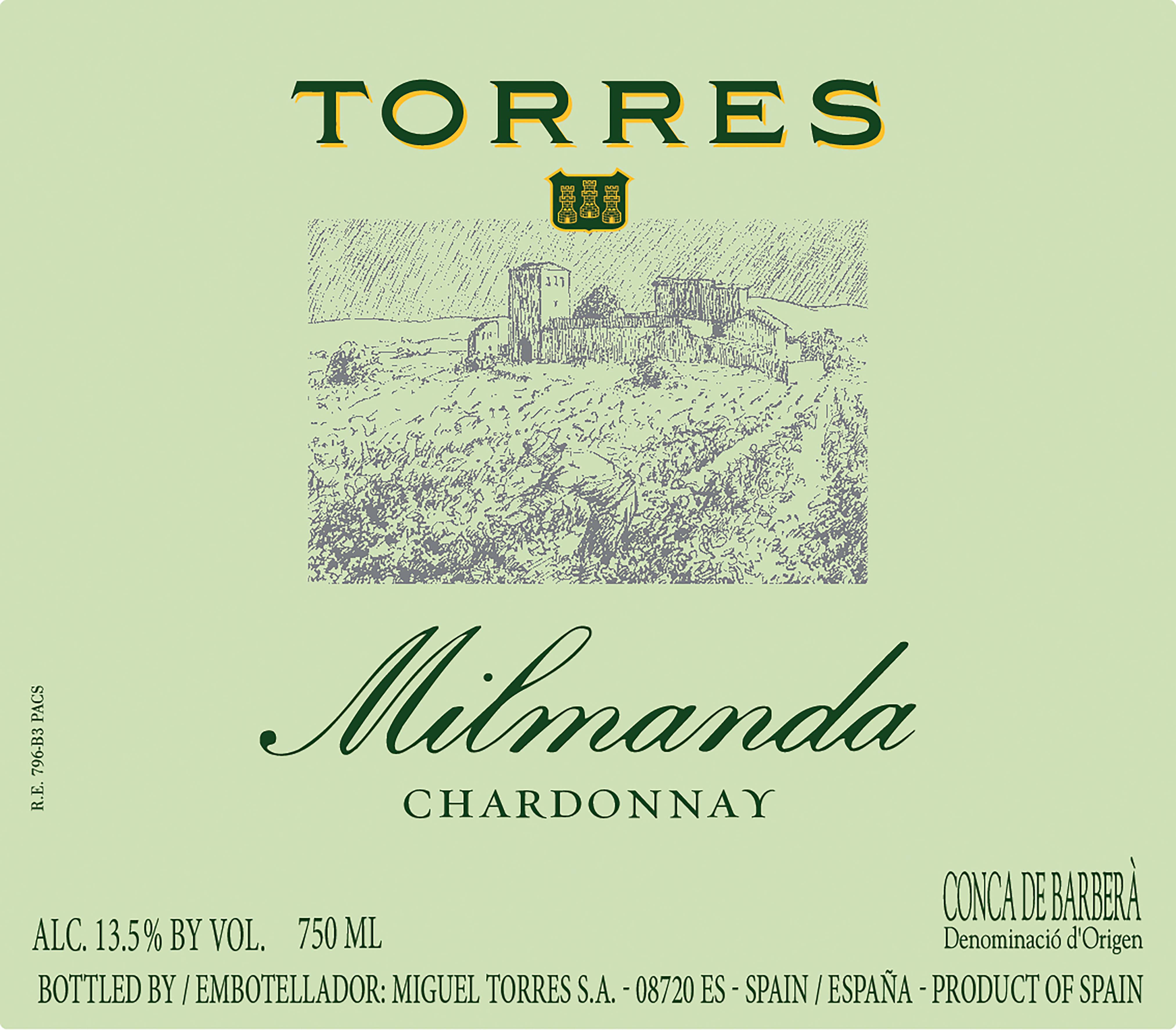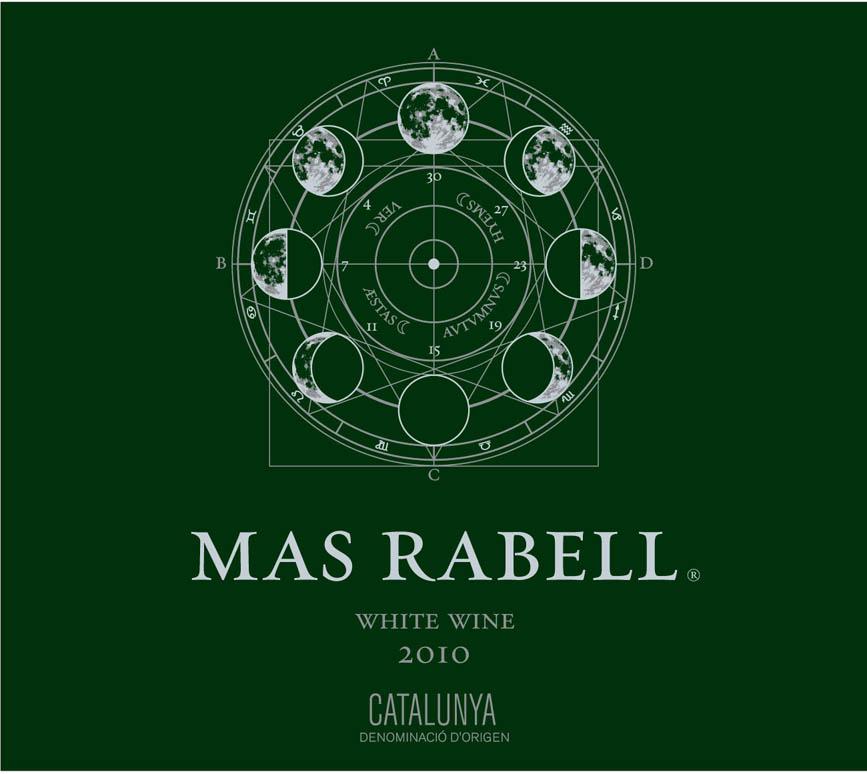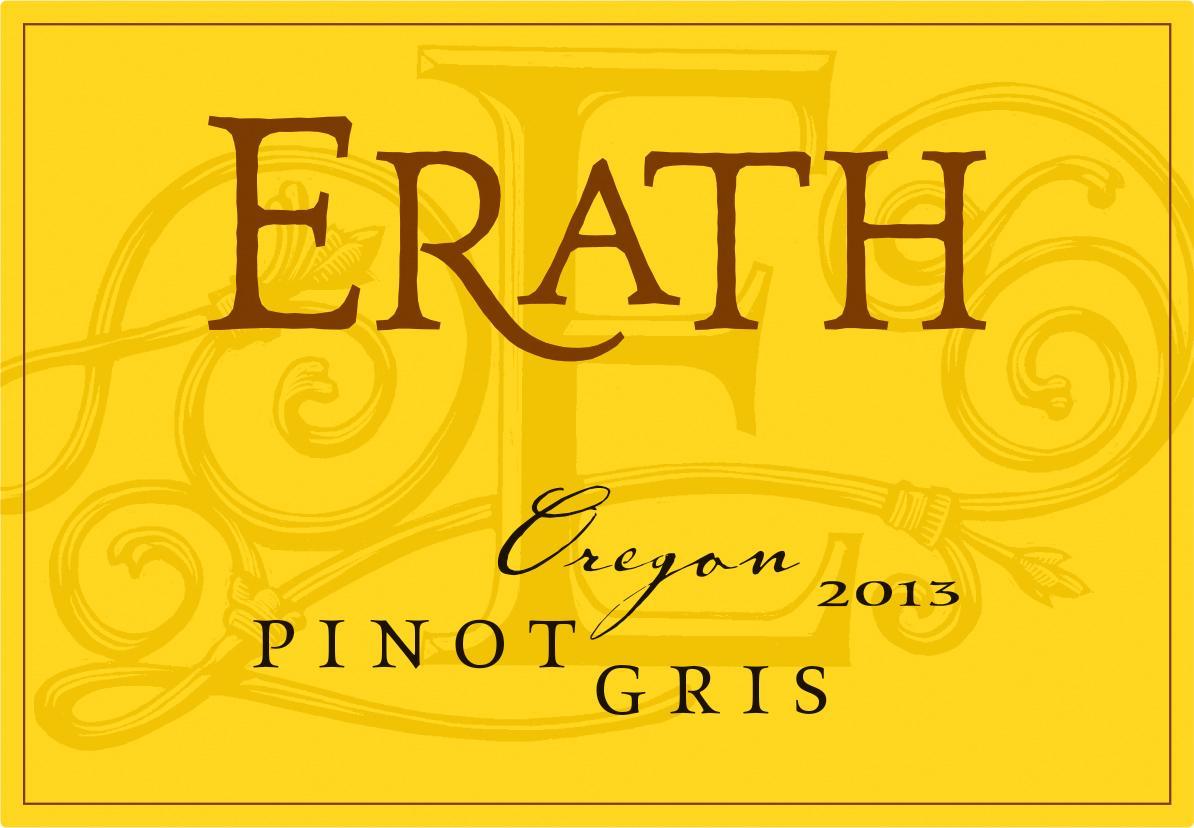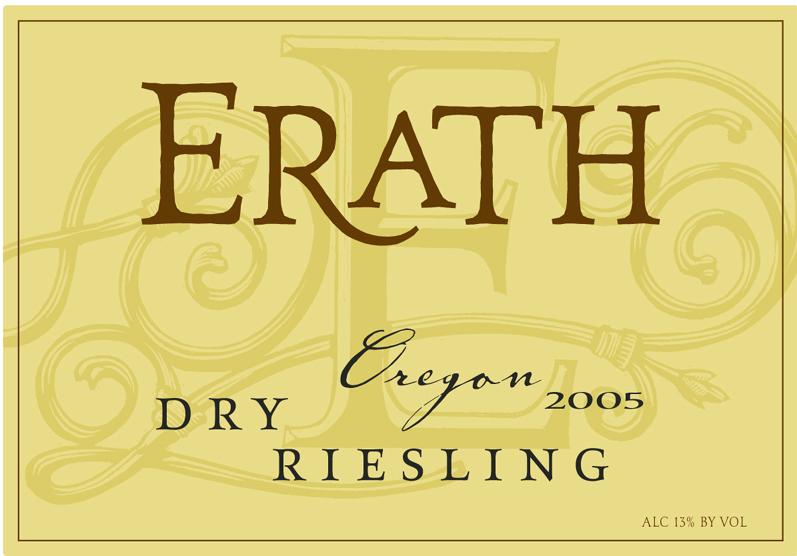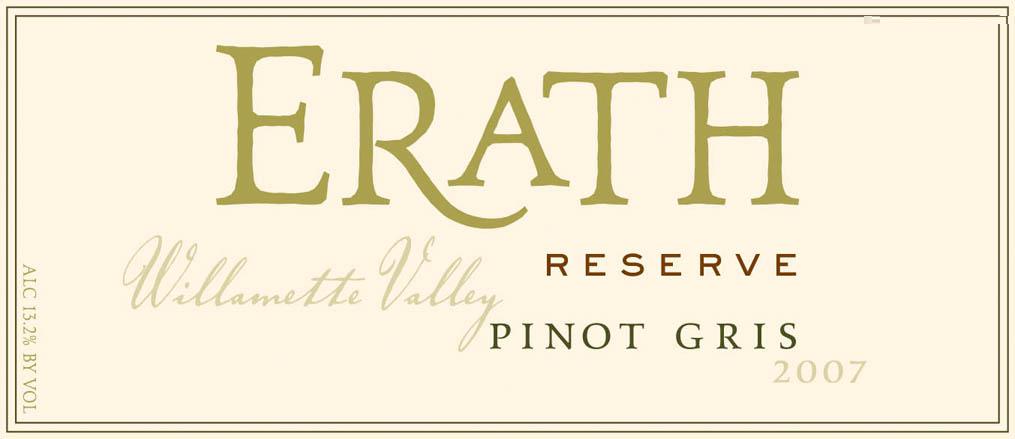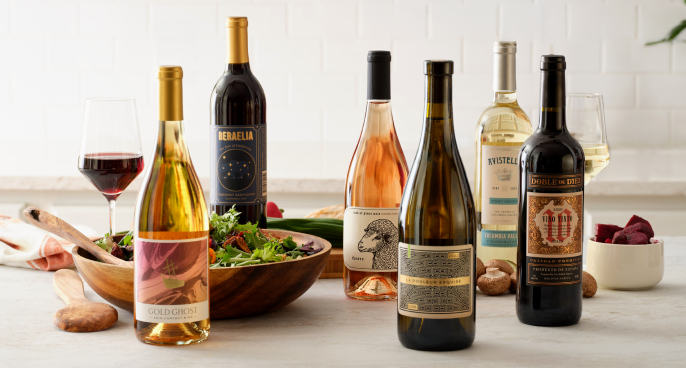Terroir of Rheinland-Pfalz
Rheinland-Pfalz has a diverse climate and unique land that make it famous for wine. The cool continental climate requires careful placement of vineyards. Steep, south-facing slopes are key for capturing sunlight. Rivers like the Rhine and Mosel help by moderating temperatures and reflecting sunlight, which aids grape growth.
The Ahr region's dark slate and basalt soils are perfect for warming Pinot Noir vines. In contrast, the Mittelrhein's Devonian slate adds complexity to Riesling. Mosel's steep vineyards are known for their mineral-rich slate, producing famous Rieslings. In Nahe, over 180 soil types, influenced by the Soonwald mountains, create a long growing season, crucial for balanced wines.
Pfalz is one of the warmest areas and benefits from the Haardt Mountains' rain shadow, with soils ideal for Pinot varieties. Rheinhessen's mild climate and fertile soils support diverse grape cultivation, resulting in a rich variety of wines.
Notable Wineries in Rheinland-Pfalz
Rheinland-Pfalz, the heart of German wine country, is home to a host of remarkable wineries, each showcasing the region's diverse terroirs. Here are some of the standout producers you shouldn't miss:
-
Weingut Meyer-Näkel: A leader in the Ahr region, renowned for elegant, complex Pinot Noirs.
-
Weingut Egon Müller (Scharzhof): A Mosel icon, celebrated for its mineral-rich Rieslings.
-
Weingut Dönnhoff: Located in Nahe, famous for its precise, high-quality Rieslings.
-
Weingut Ökonomierat Rebholz: A Pfalz standout, known for its expressive dry wines.
-
Weingut Keller: A Rheinhessen gem, producing exceptional Rieslings with depth and finesse.
These wineries exemplify the region's commitment to quality, combining tradition with innovation to create wines that capture the essence of their unique environments.
Sustainable Winemaking in Rheinland-Pfalz
In Rheinland-Pfalz, sustainability is at the heart of winemaking, with many producers adopting organic and biodynamic practices to ensure their wines truly express the region’s diverse terroirs. A growing number of vineyards are certified organic, adhering to strict EU guidelines, which eliminates synthetic pesticides and fertilizers.
Biodynamic methods treat vineyards as holistic ecosystems, a philosophy embraced by leading estates. The FAIR'N GREEN certification further elevates sustainability by assessing environmental impact, social responsibility, economic viability, and supply chain sustainability. This comprehensive approach ensures that the region's renowned Rieslings and Pinots reflect both quality and environmental care. As Rheinland-Pfalz continues its tradition of innovation, sustainable practices play a vital role in crafting wines that honor the land and future generations.
Wine Tourism in Rheinland-Pfalz
Rheinland-Pfalz is a cornerstone of wine tourism in Germany, with its rich history and diverse wine offerings.
The region hosts six quality wine areas, each linked to famous rivers, creating ideal conditions with their unique climate and soil. The Deutsche Weinstraße, established in 1935, is Germany's oldest wine route, winding through 130 wine villages.
Notable wineries like Dr. Bürklin-Wolf and Weingut Keller exemplify the commitment to sustainability and organic practices.
The Rhine Gorge, a UNESCO World Heritage site, combines scenic beauty with historic charm, offering paths that link ancient towns and castles.
Festivals such as the Wurstmarkt in Bad Dürkheim and the Mainzer Weinmarkt celebrate local culture.
The gastronomy highlights versatile Riesling and Spätburgunder, often served in Vinothek or Straußwirtschaft settings, offering a taste of local life in Rheinland-Pfalz.

